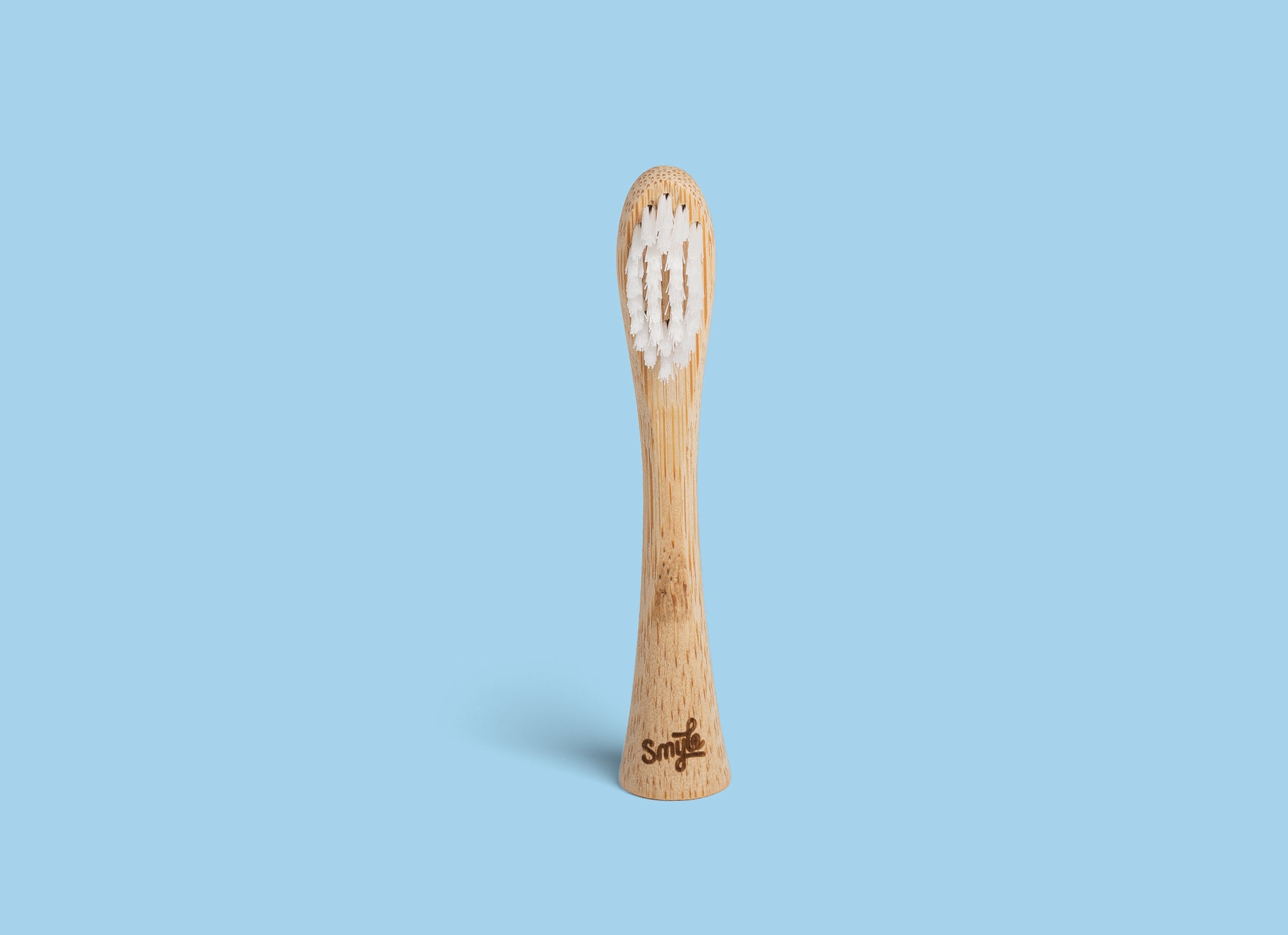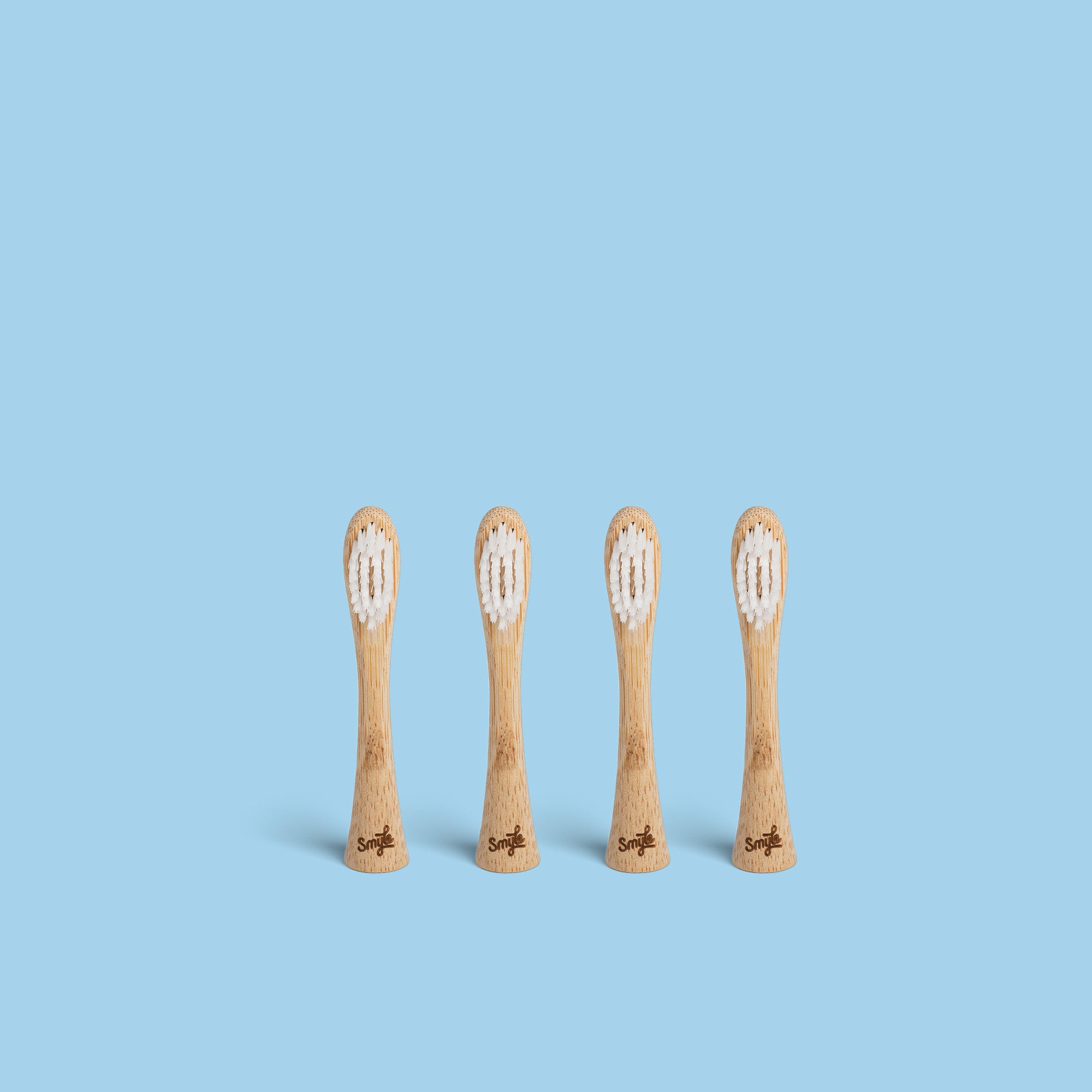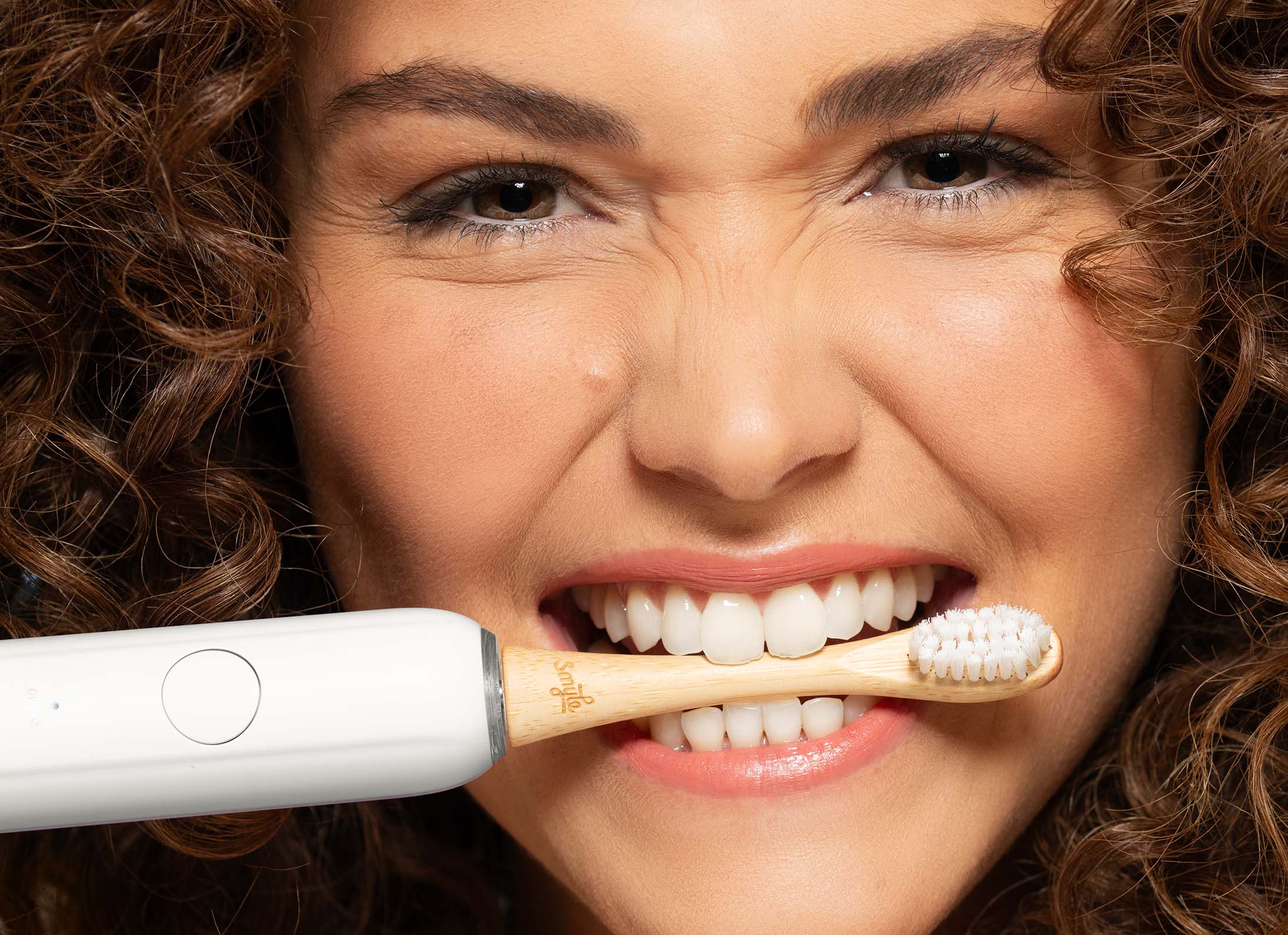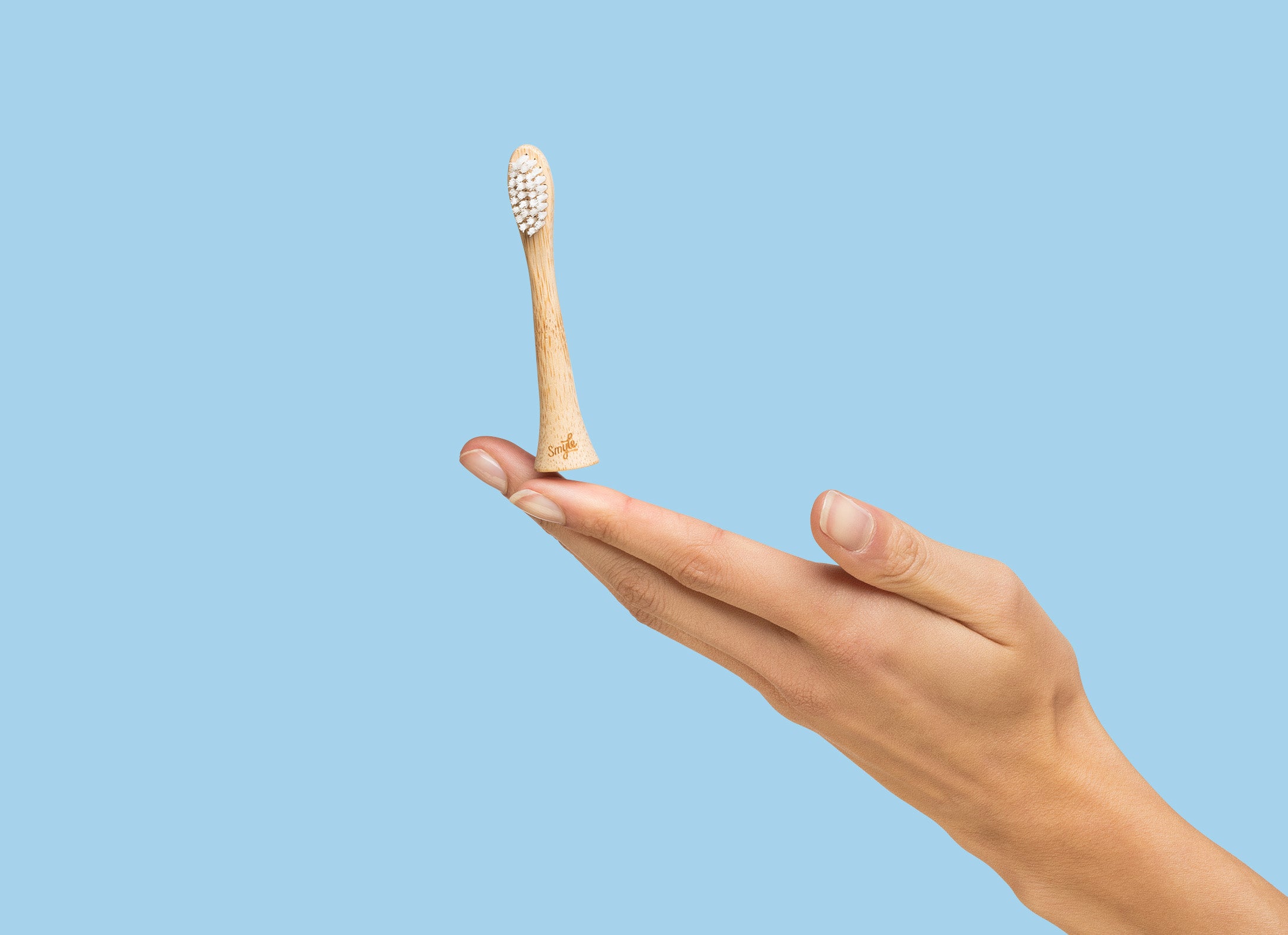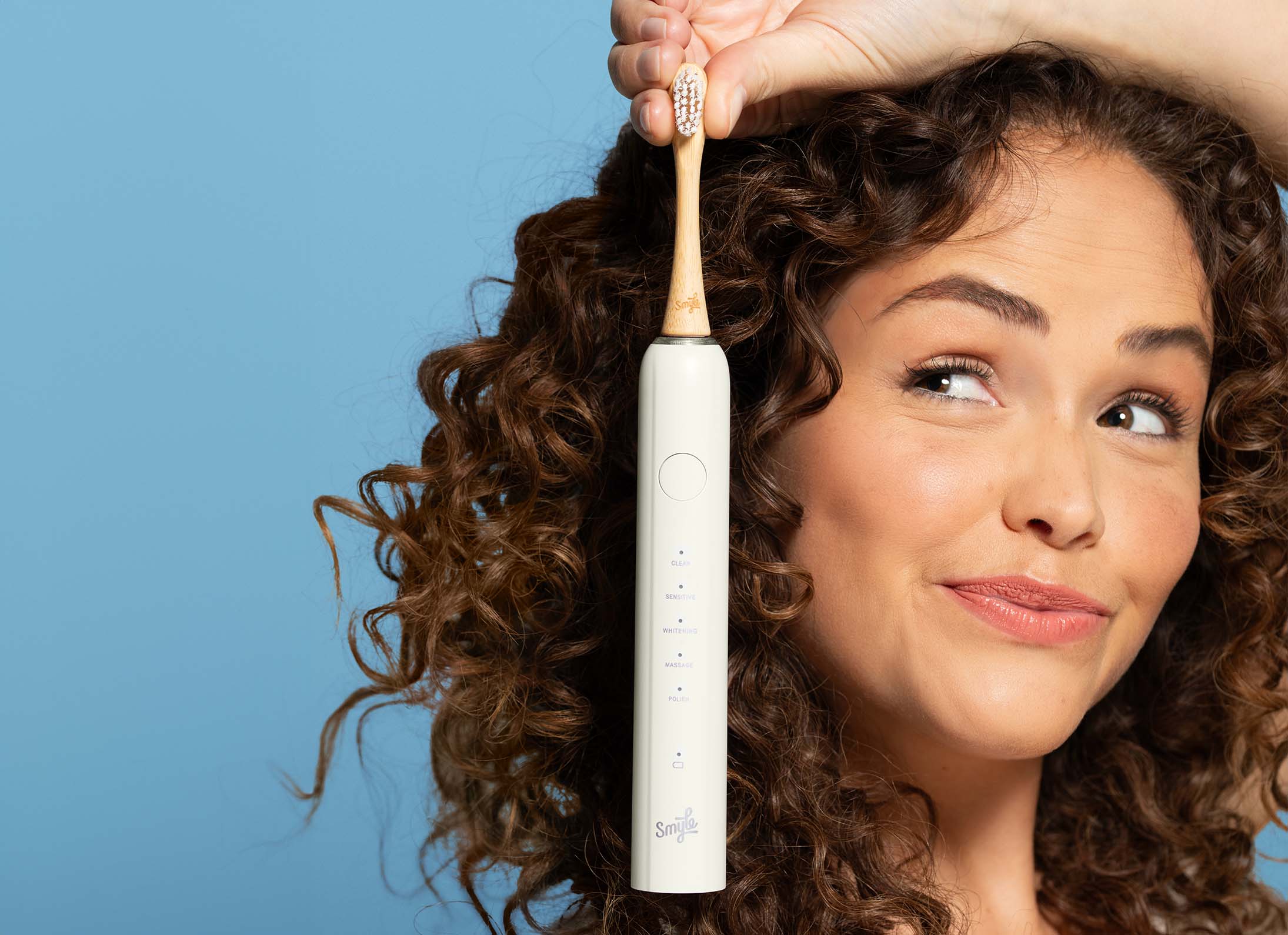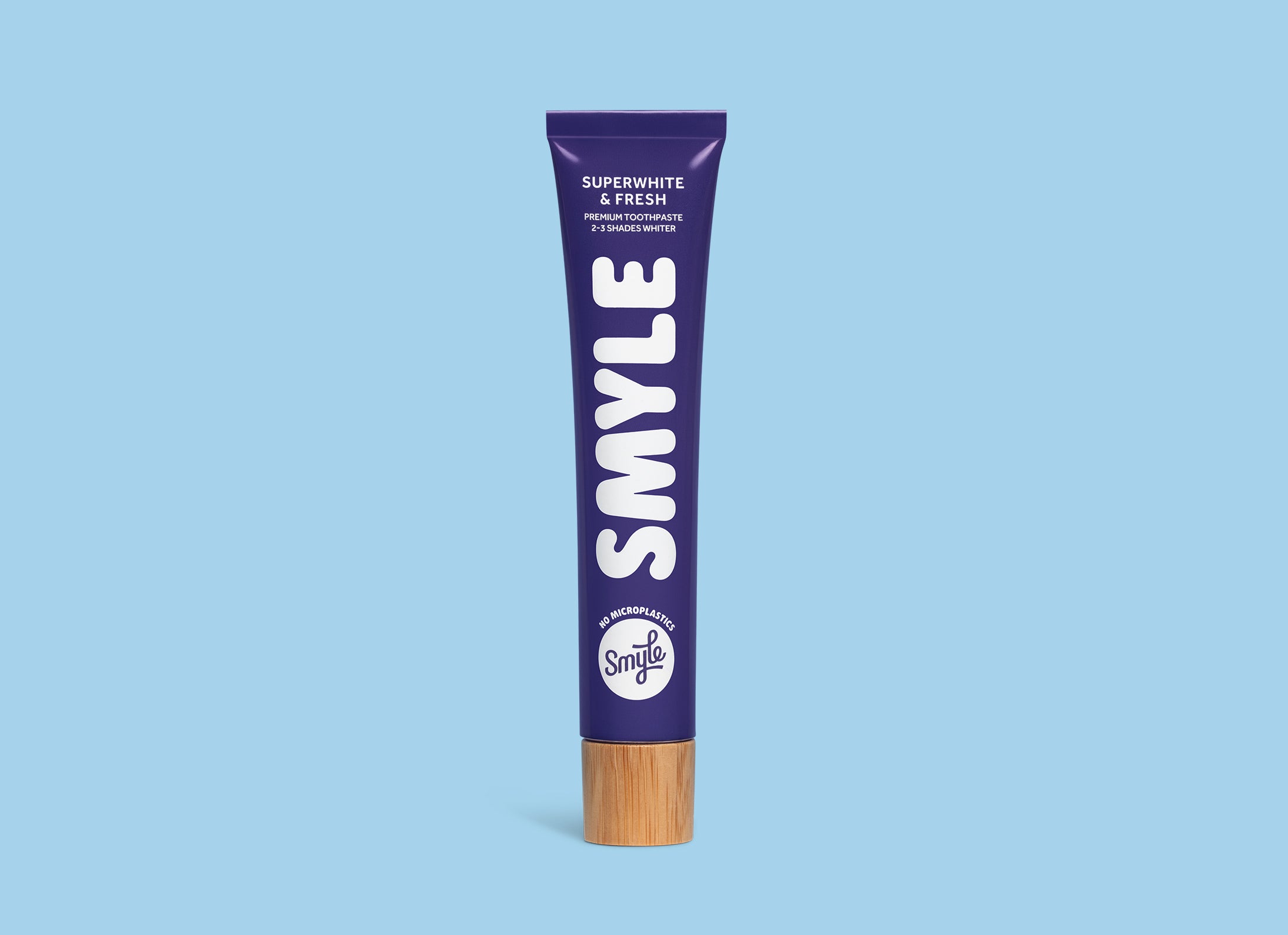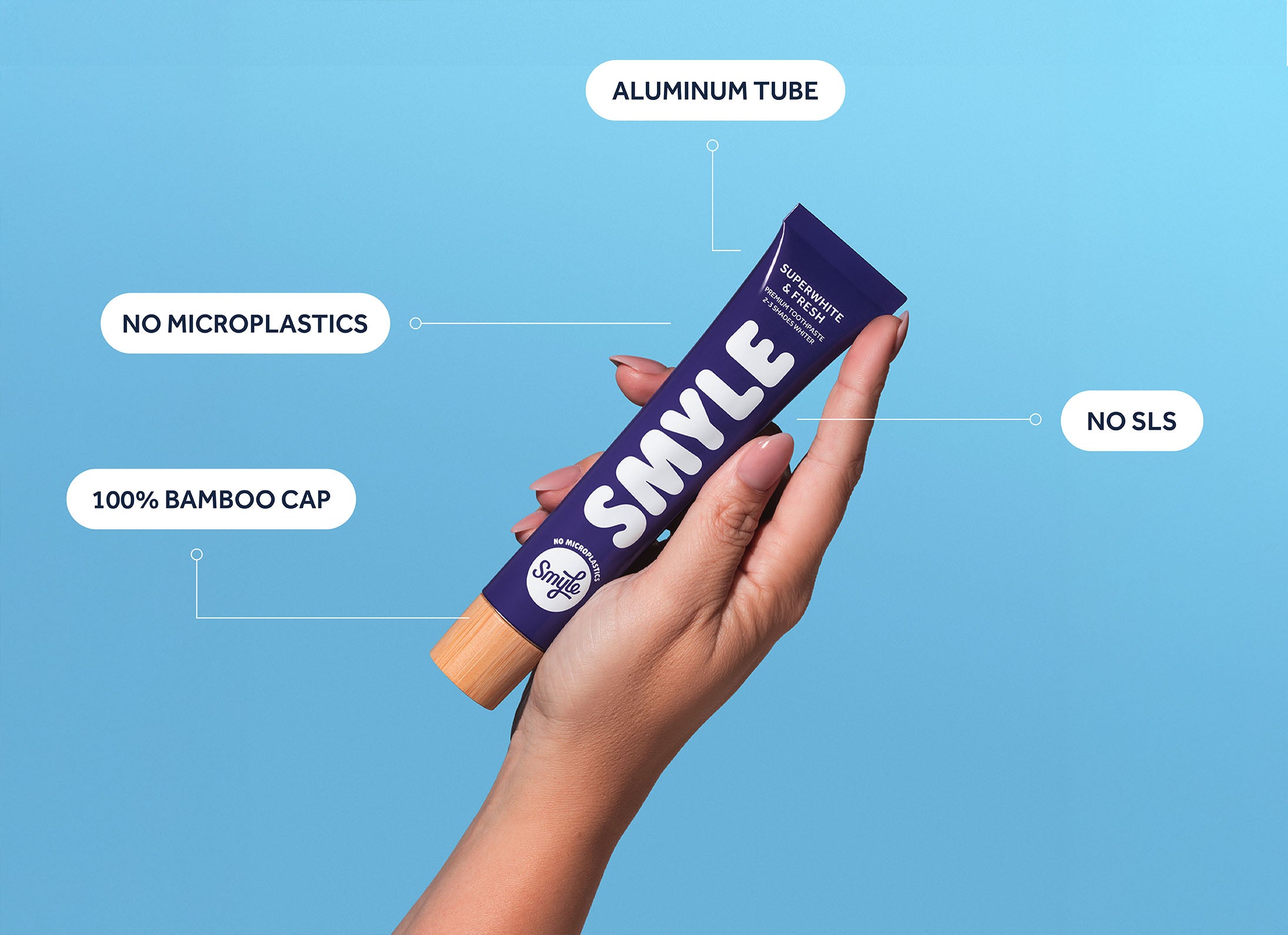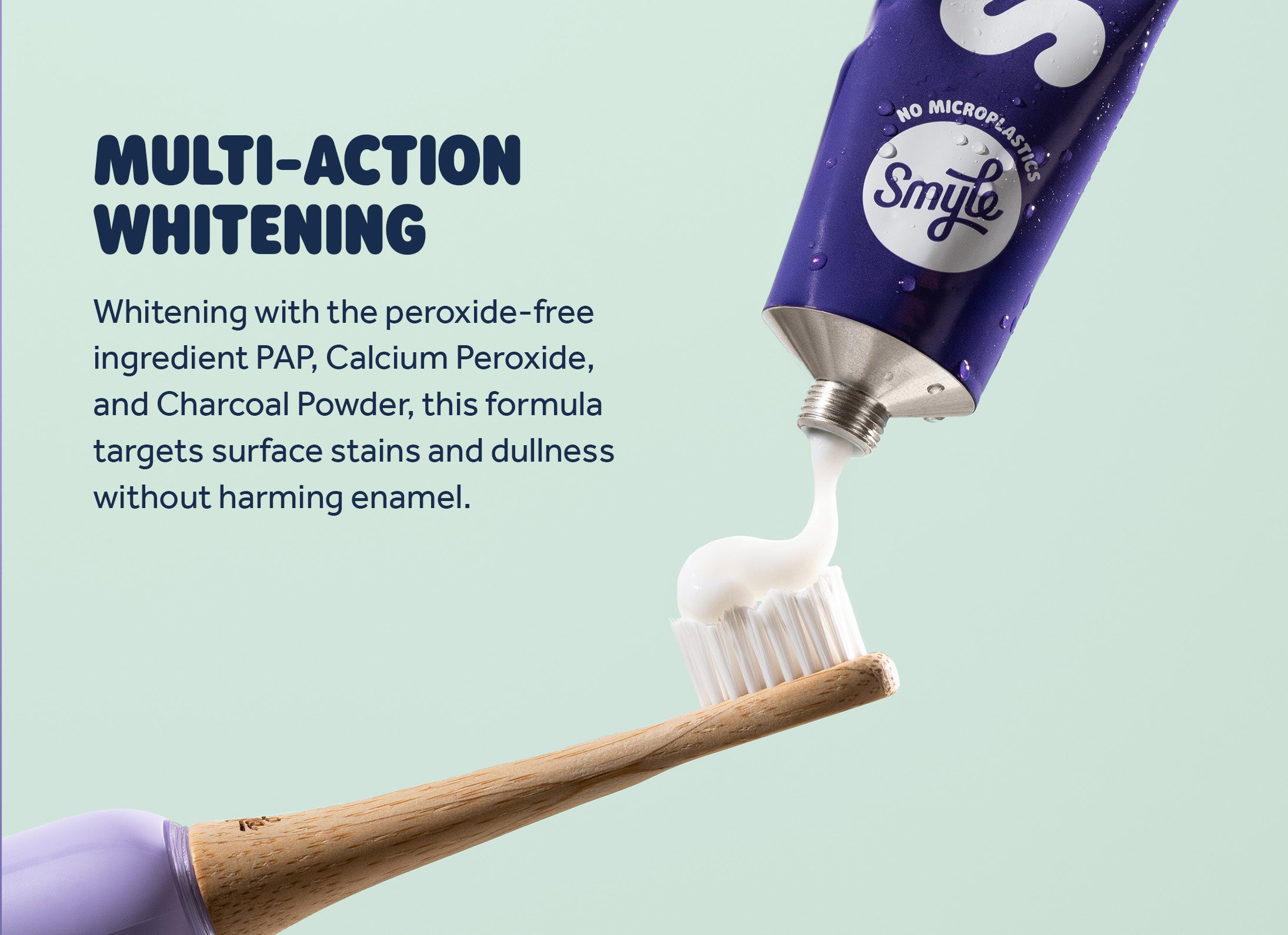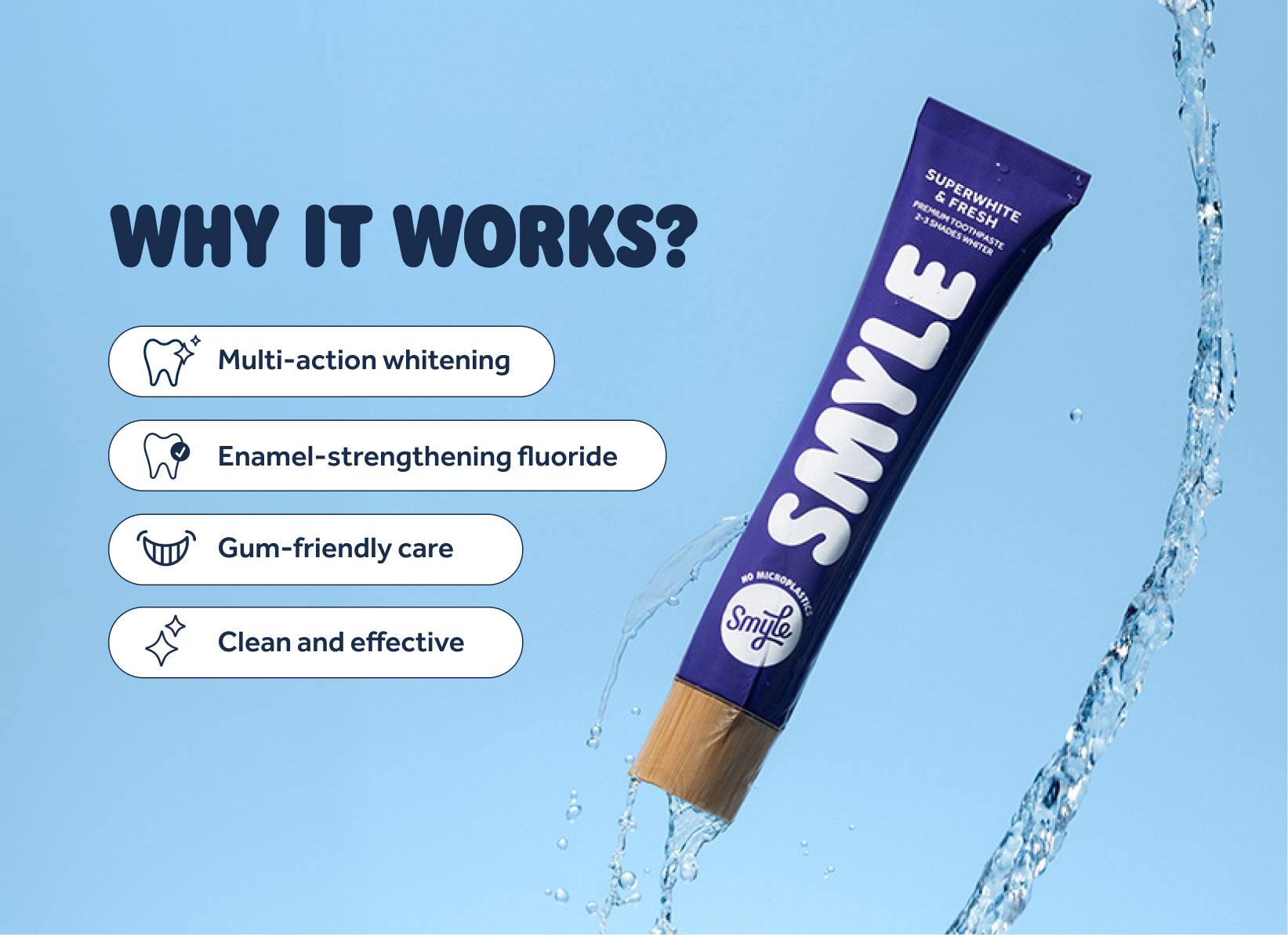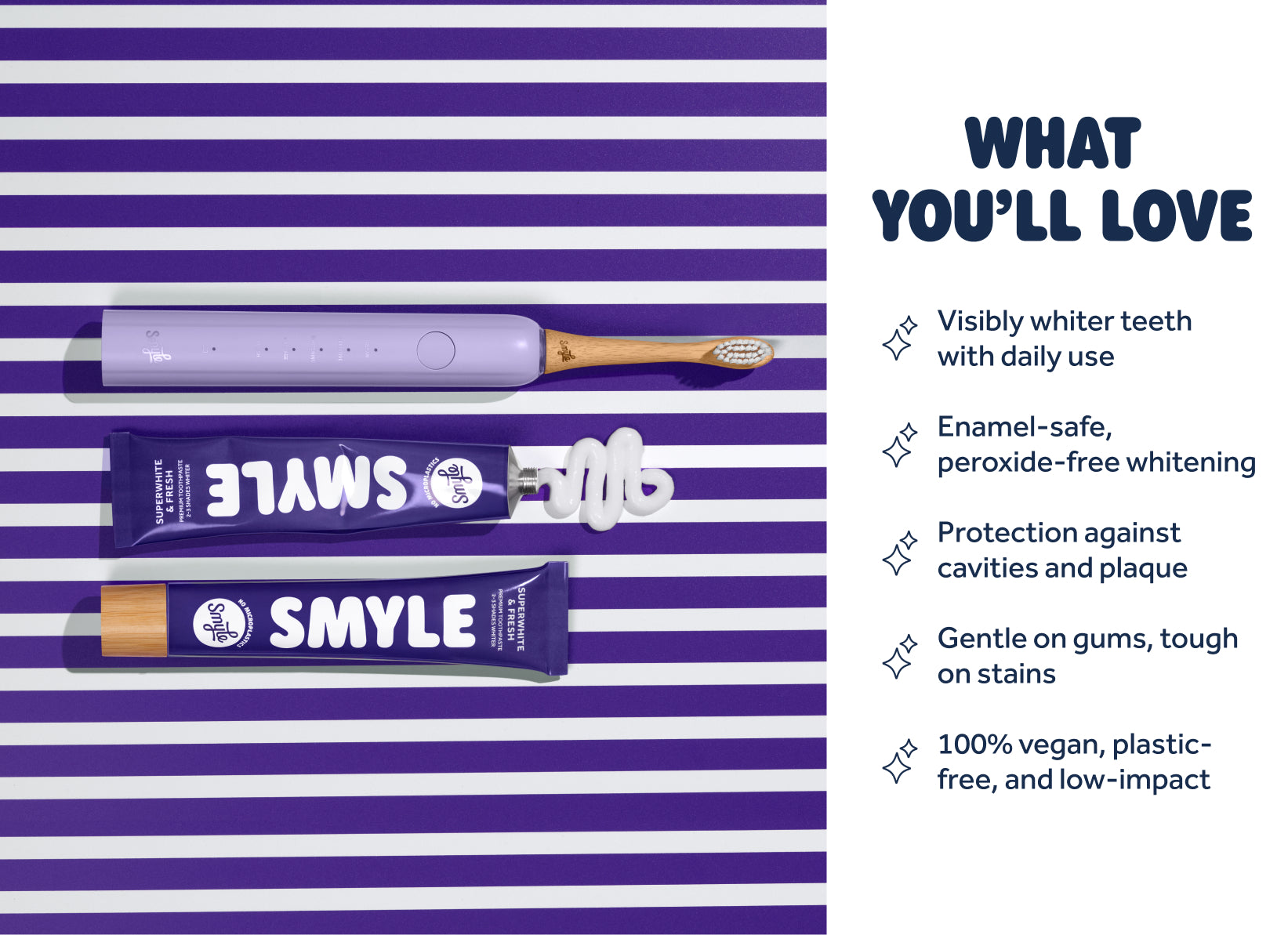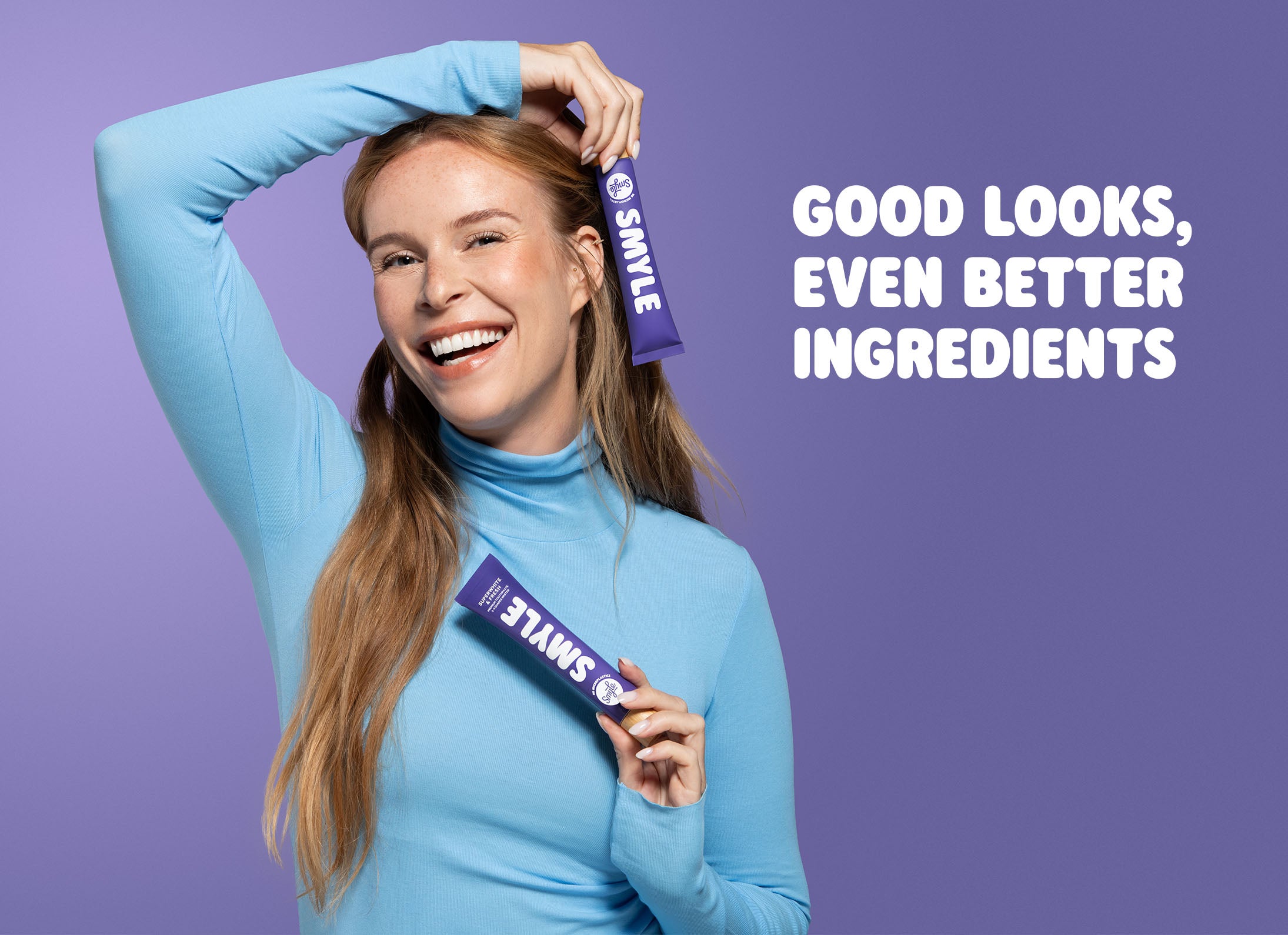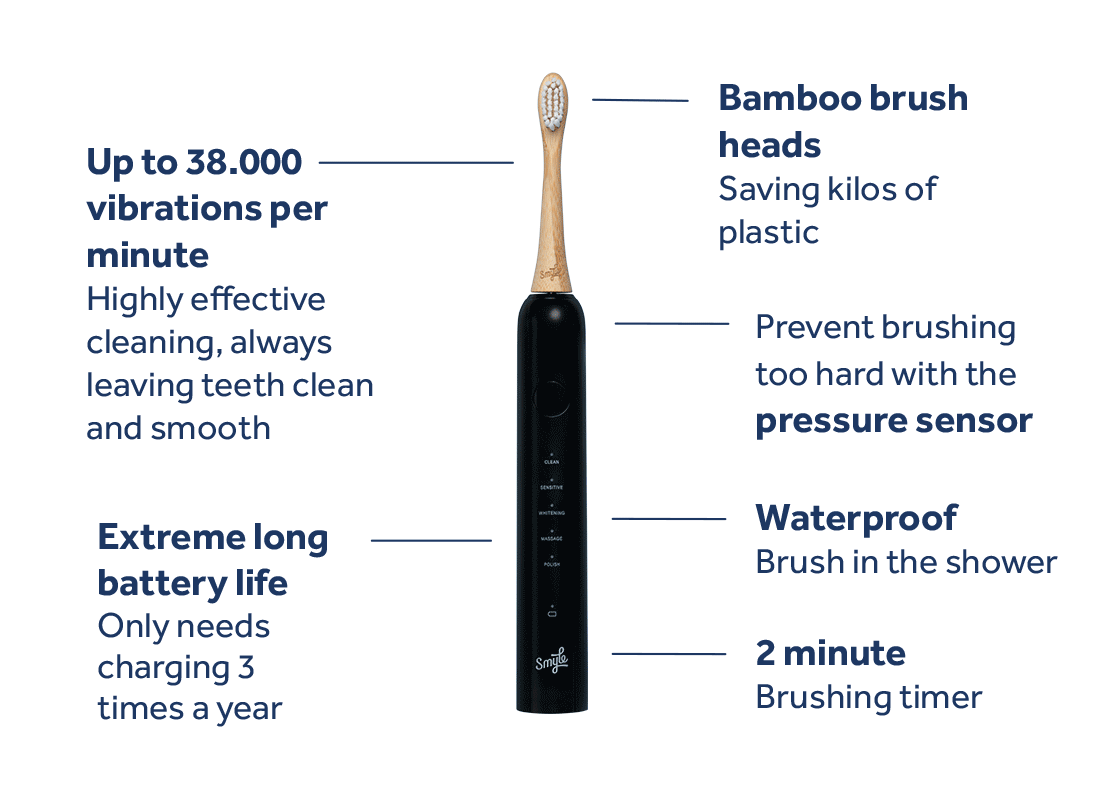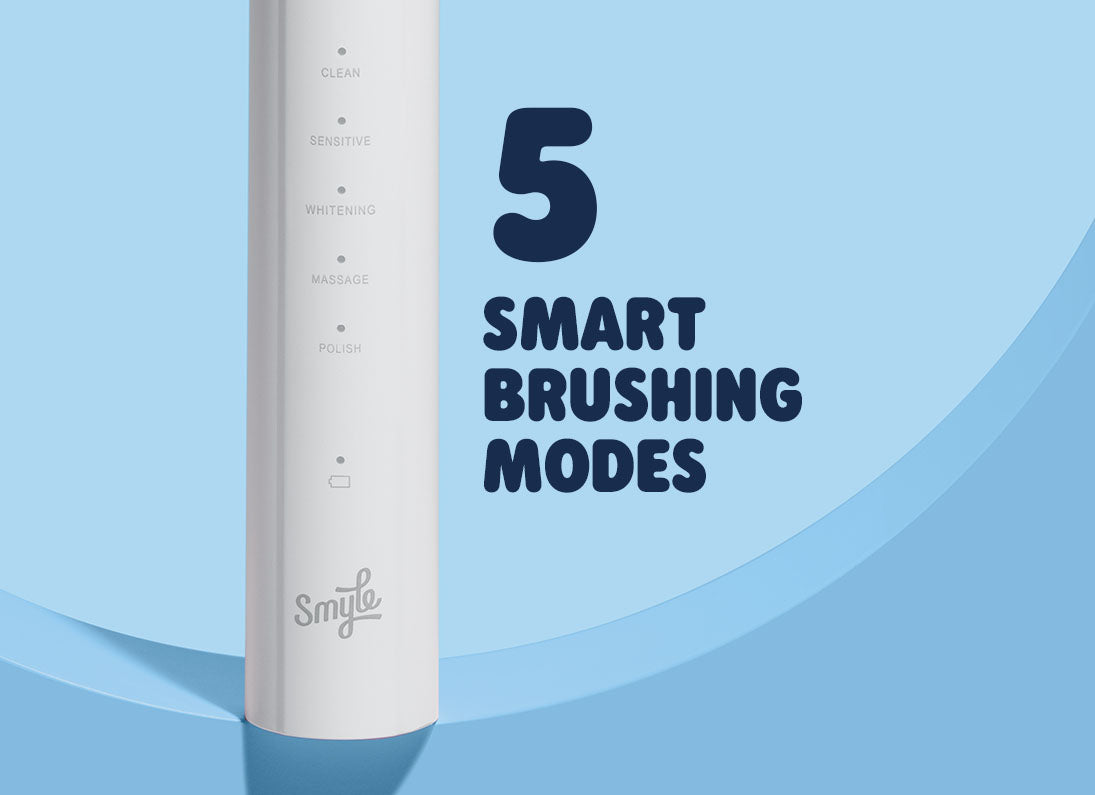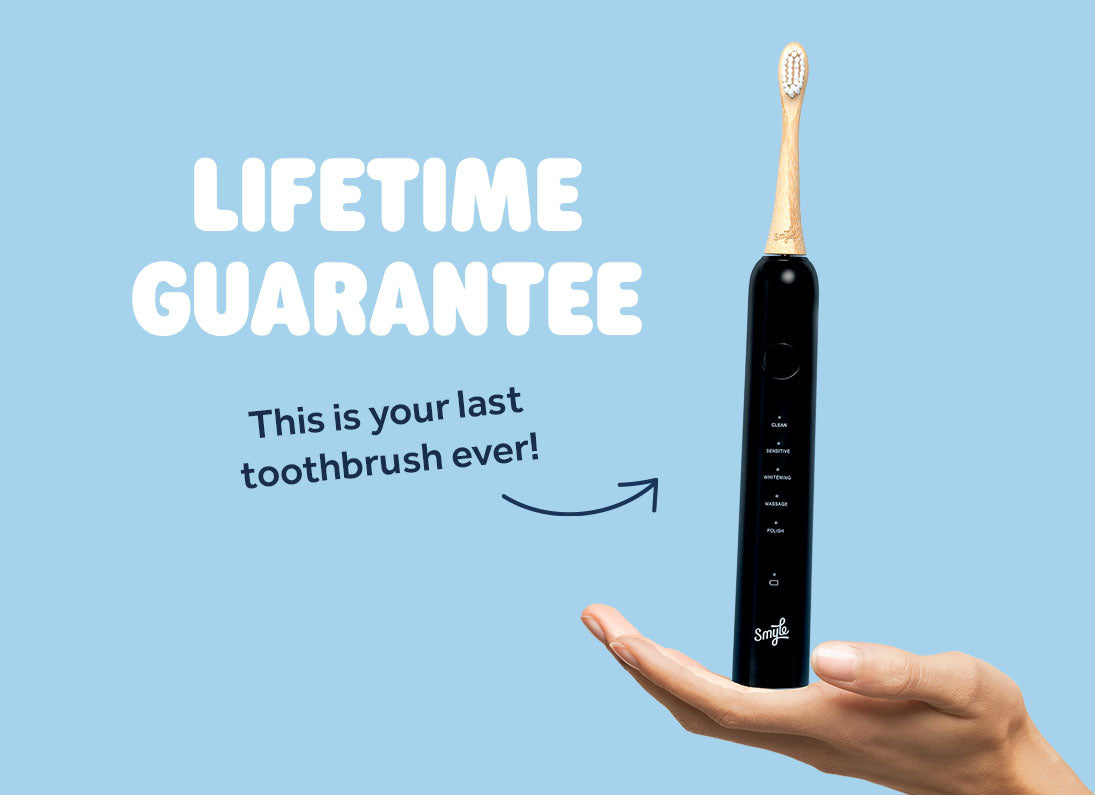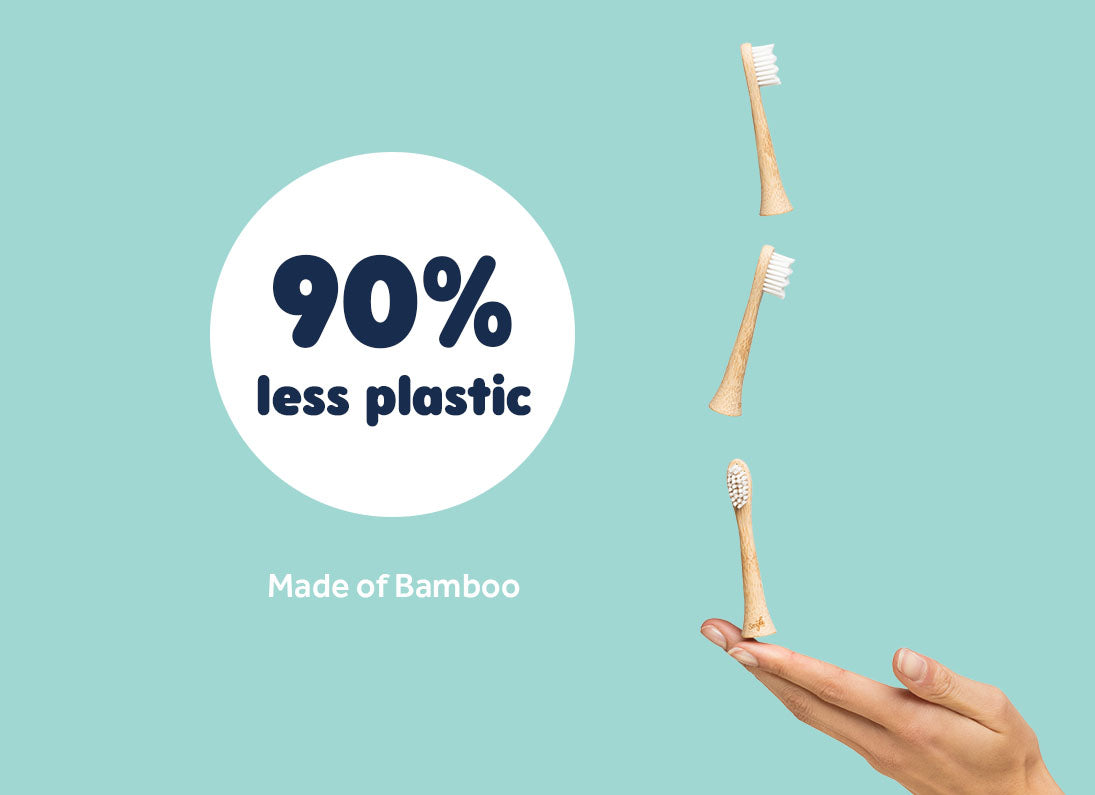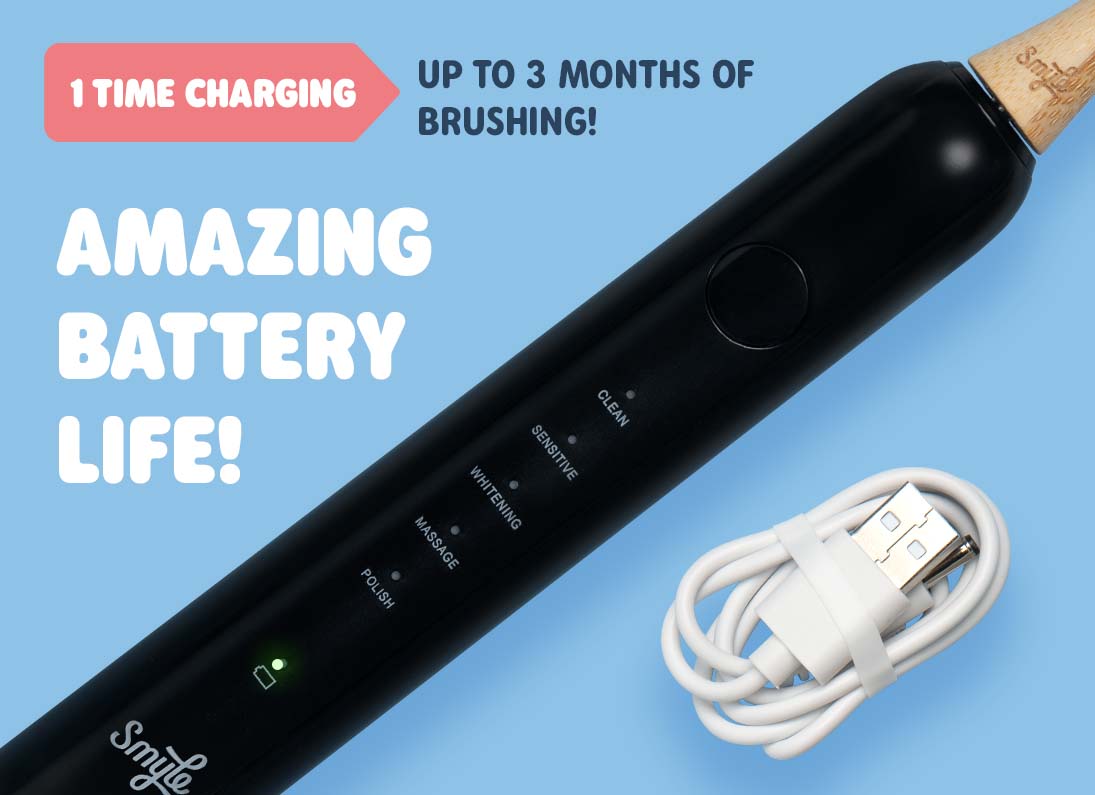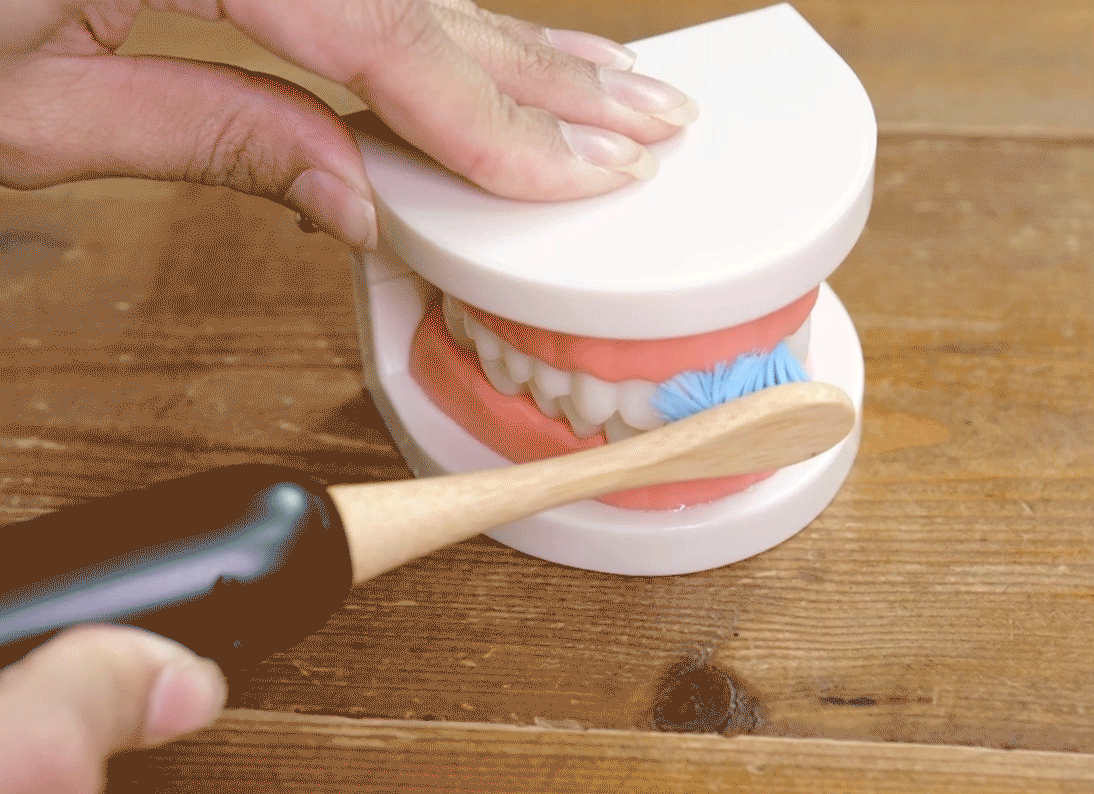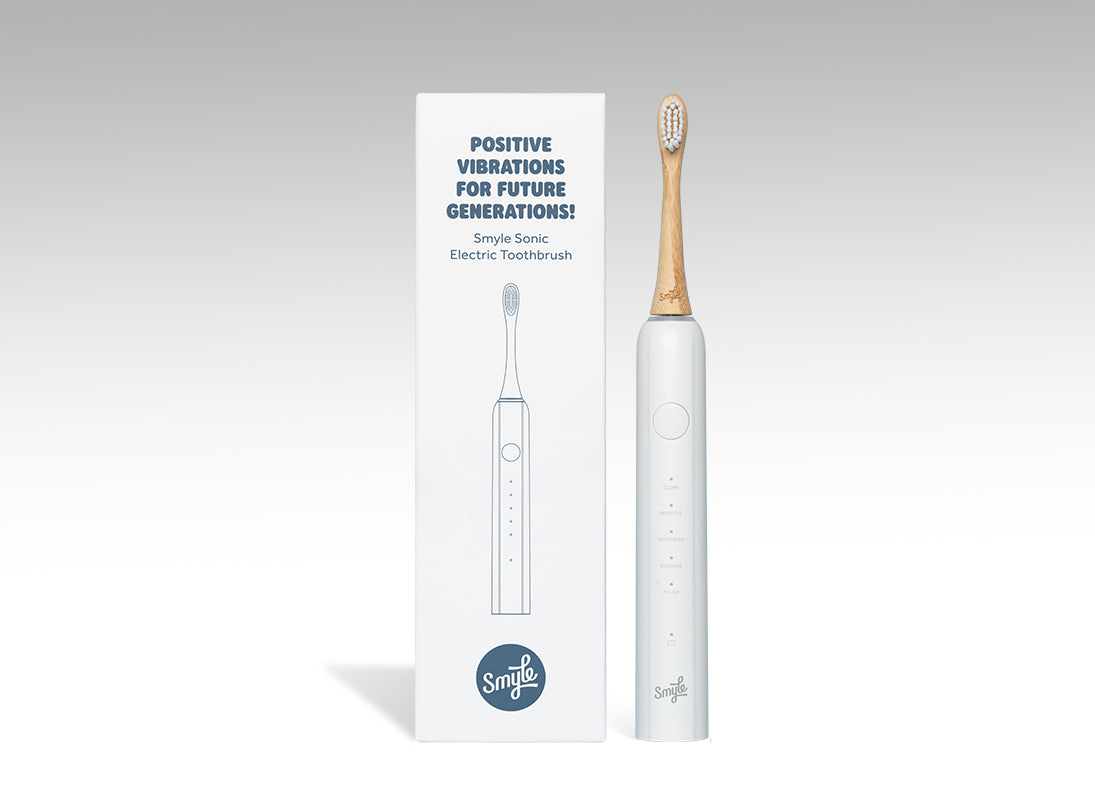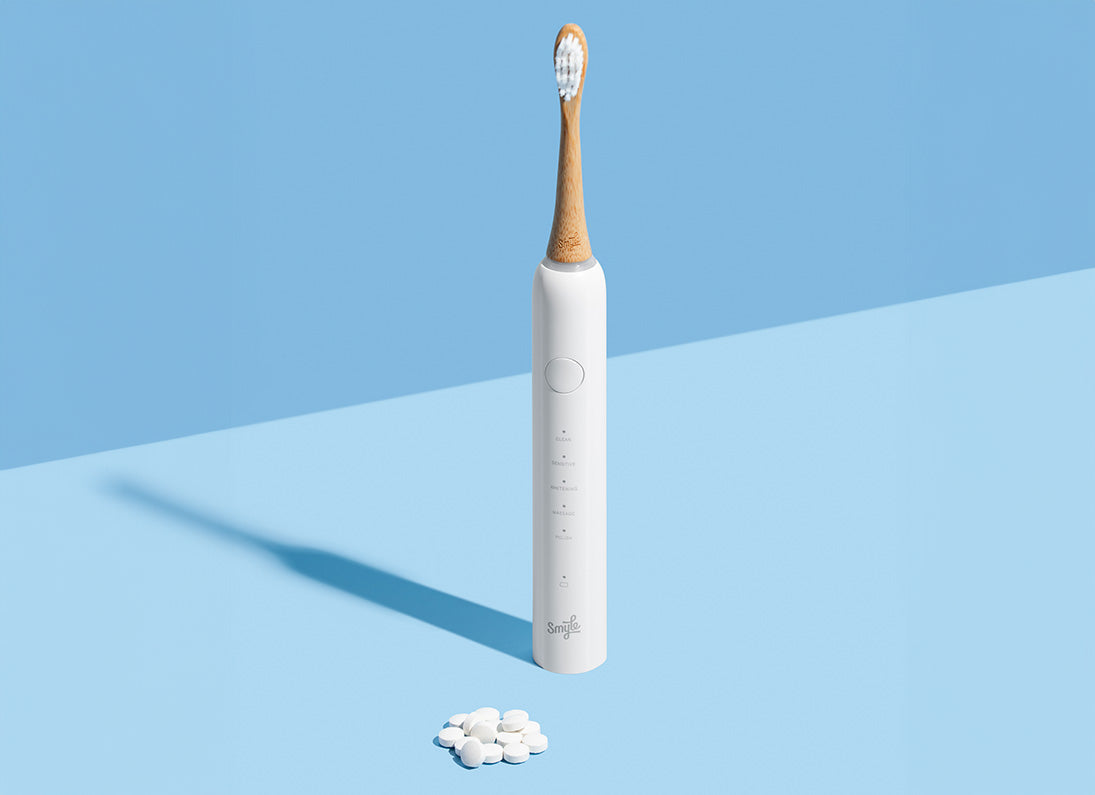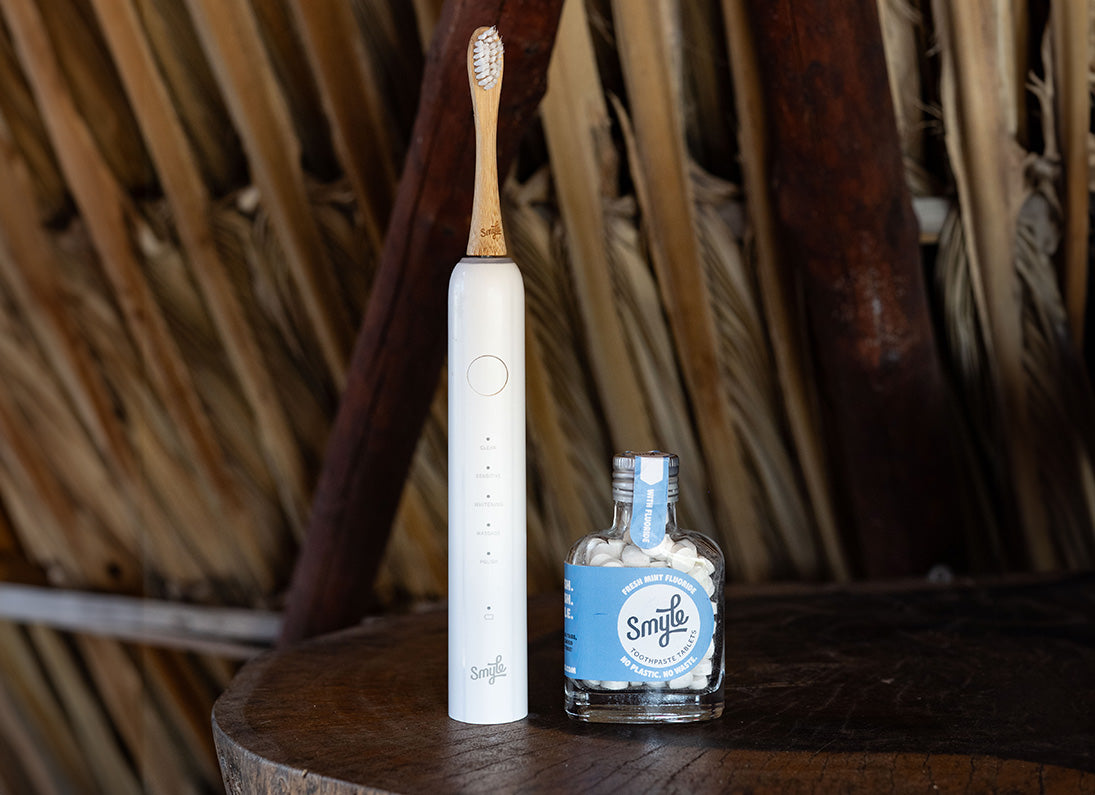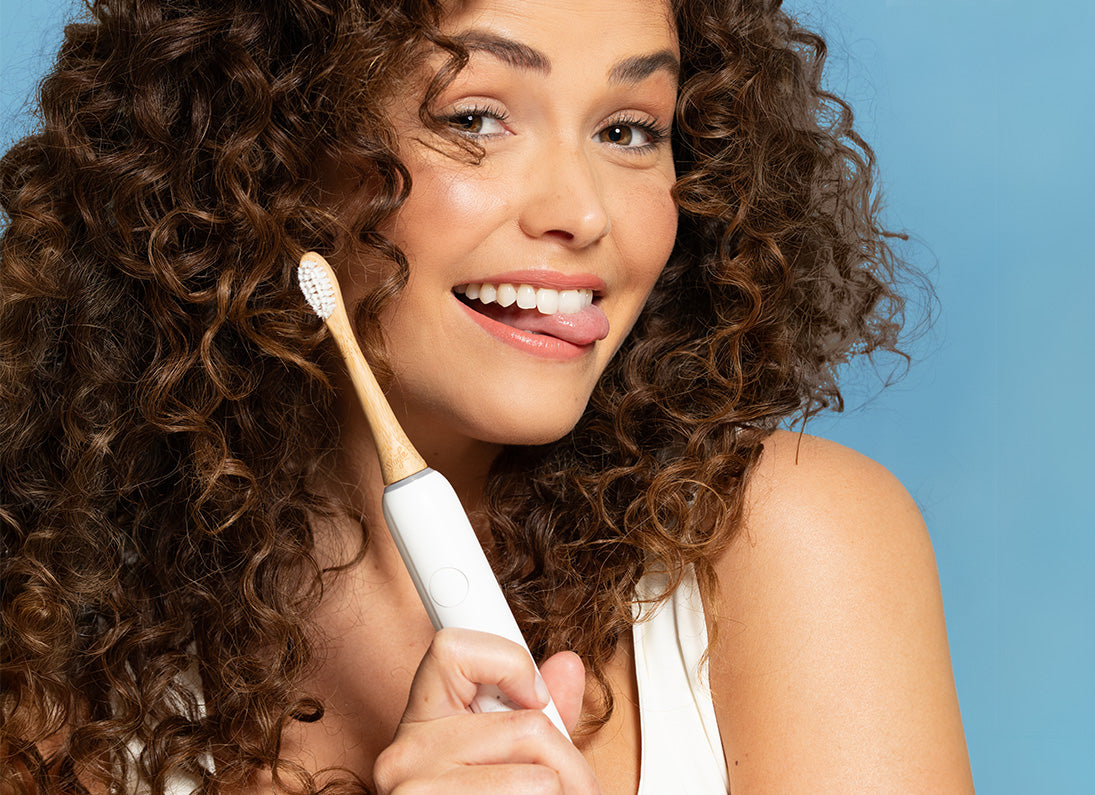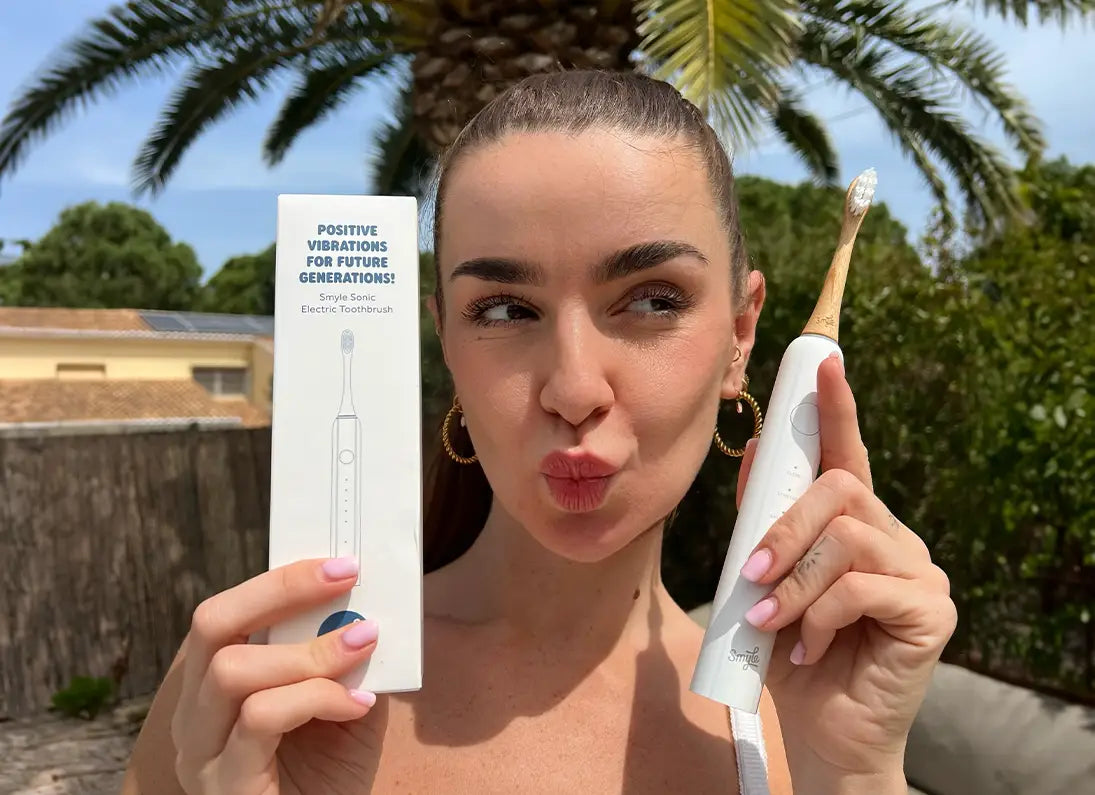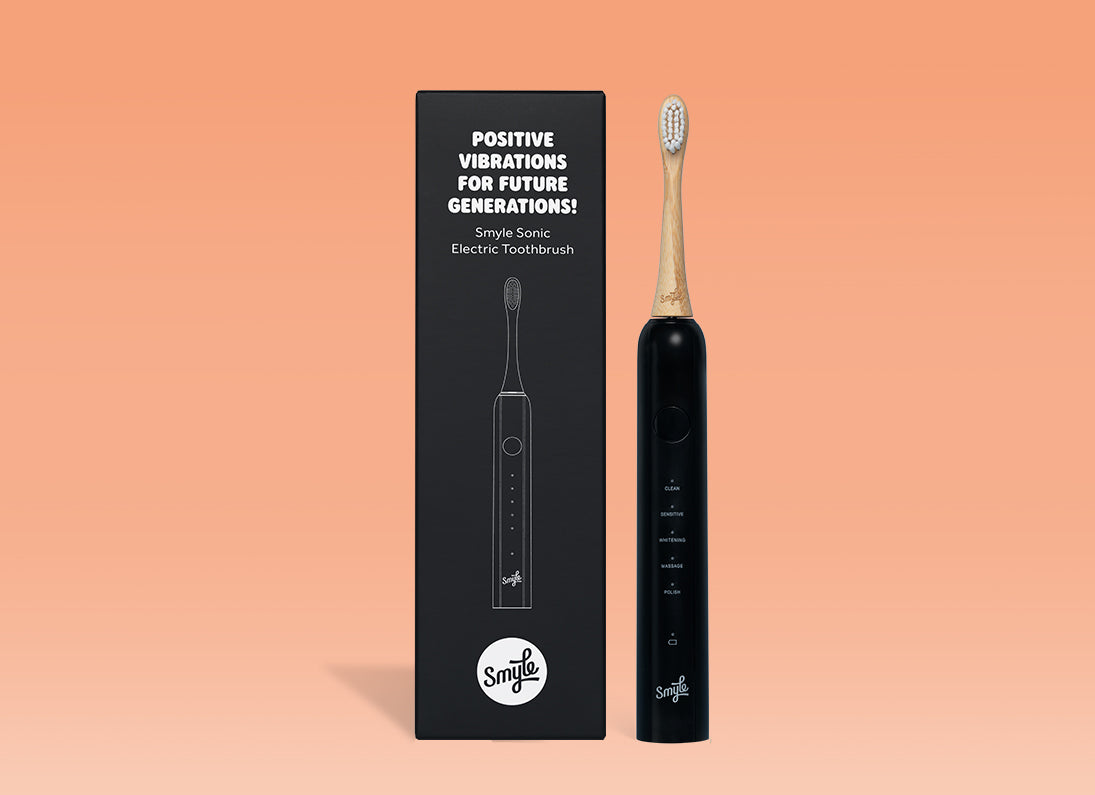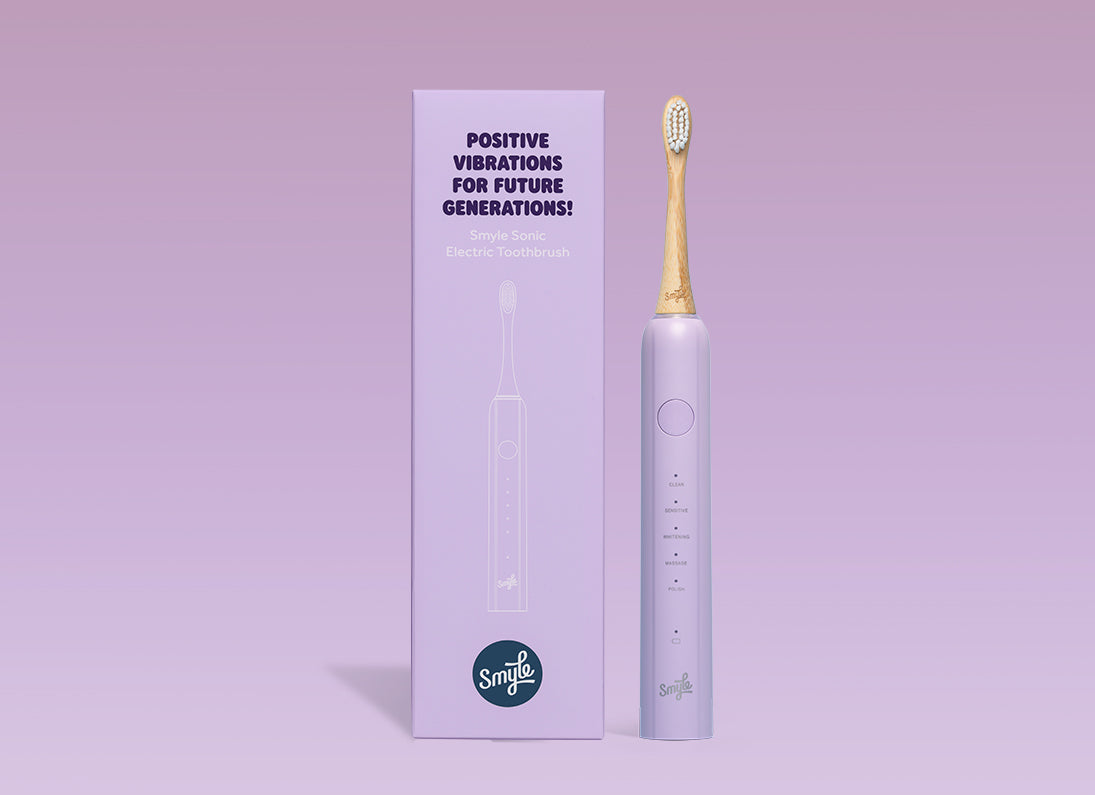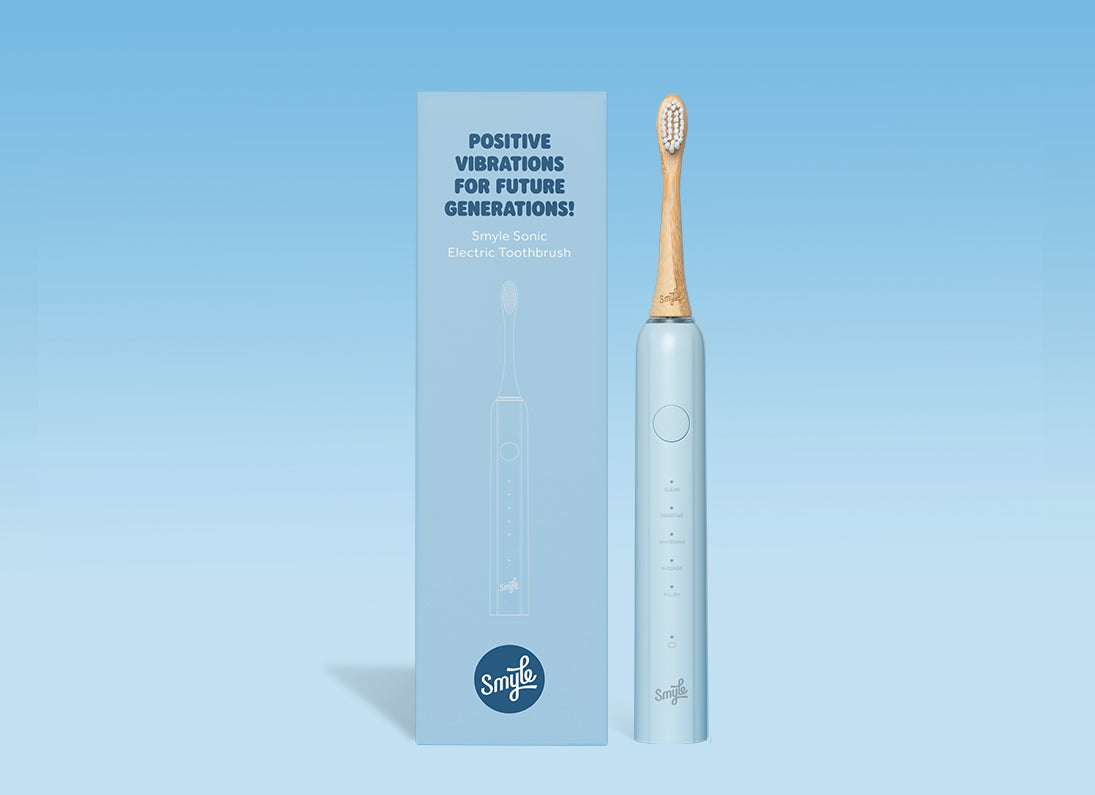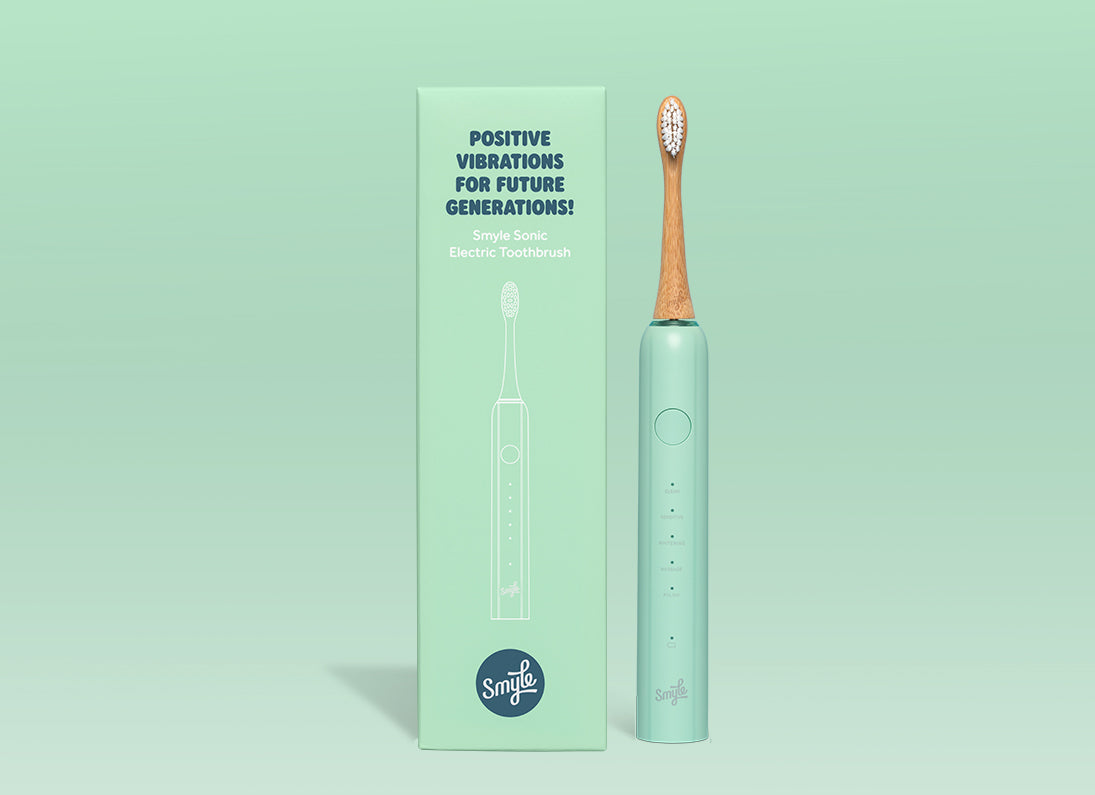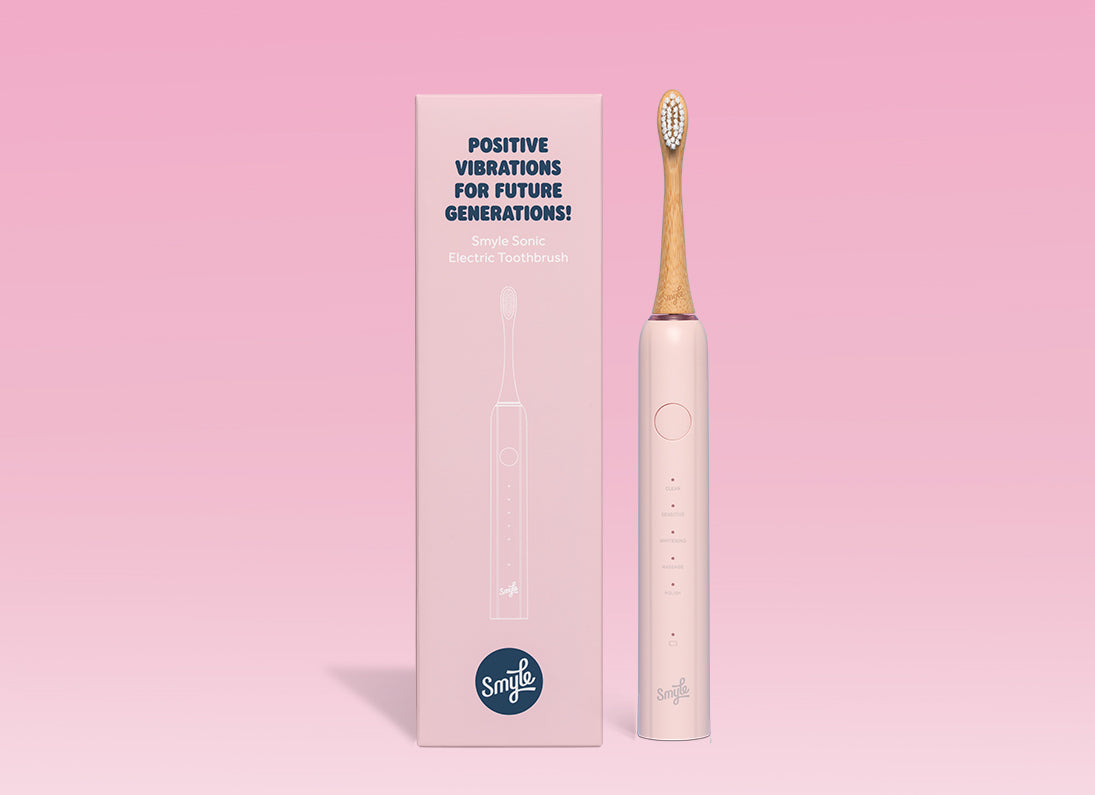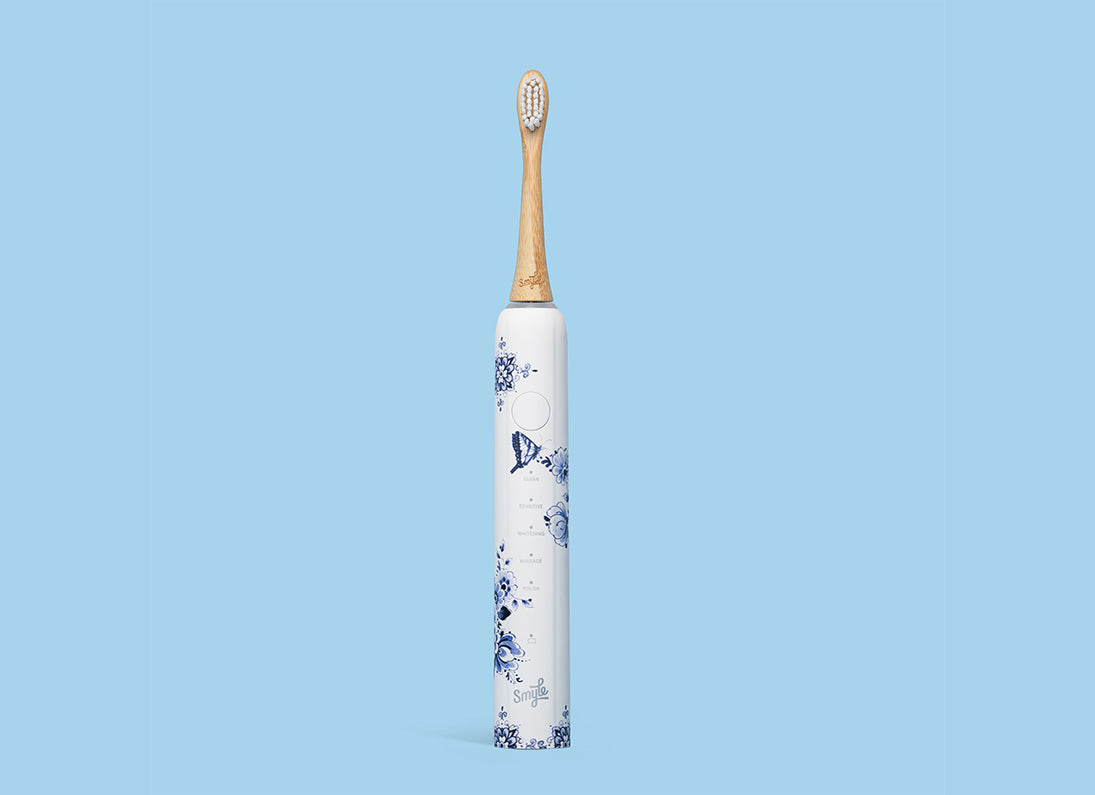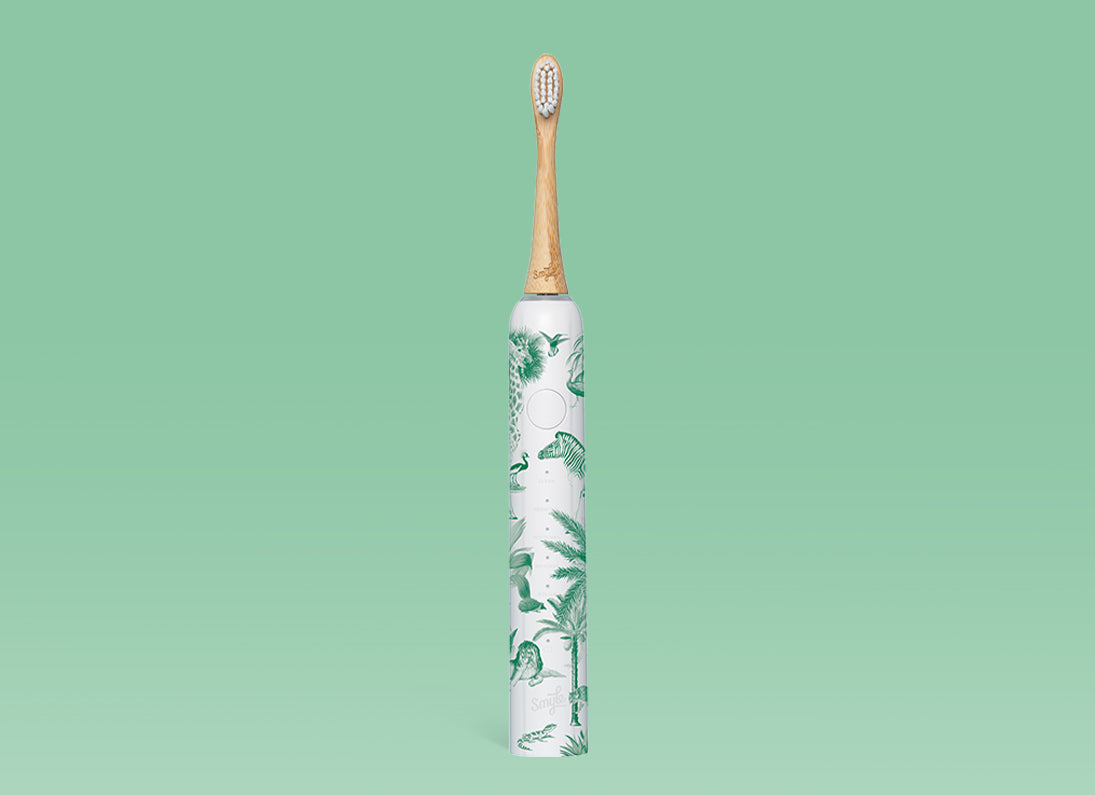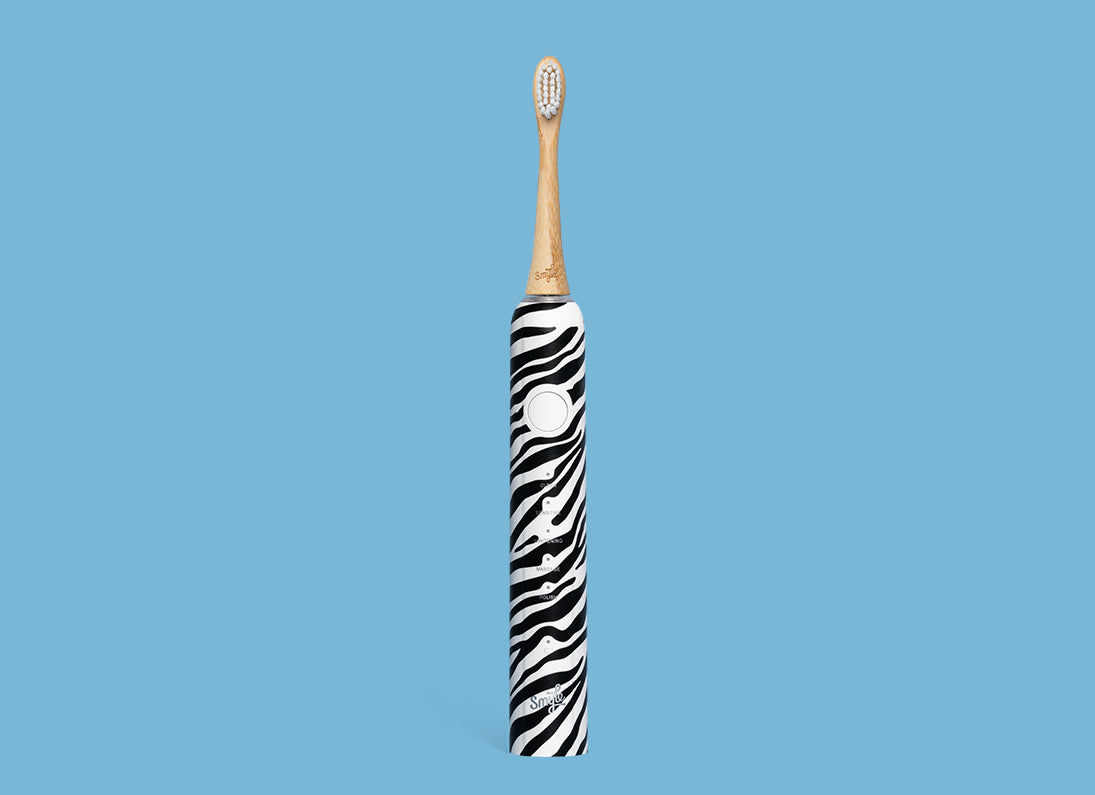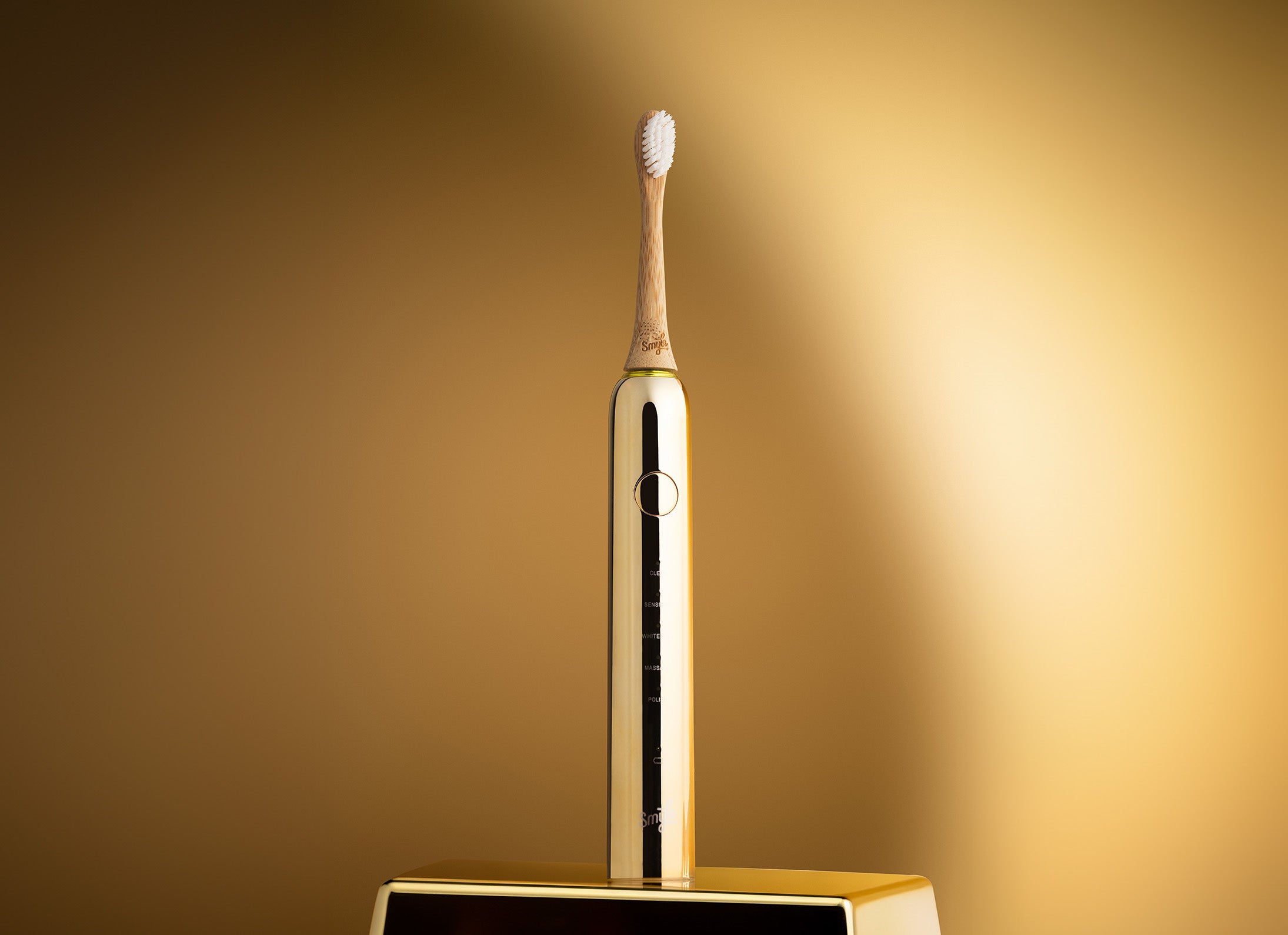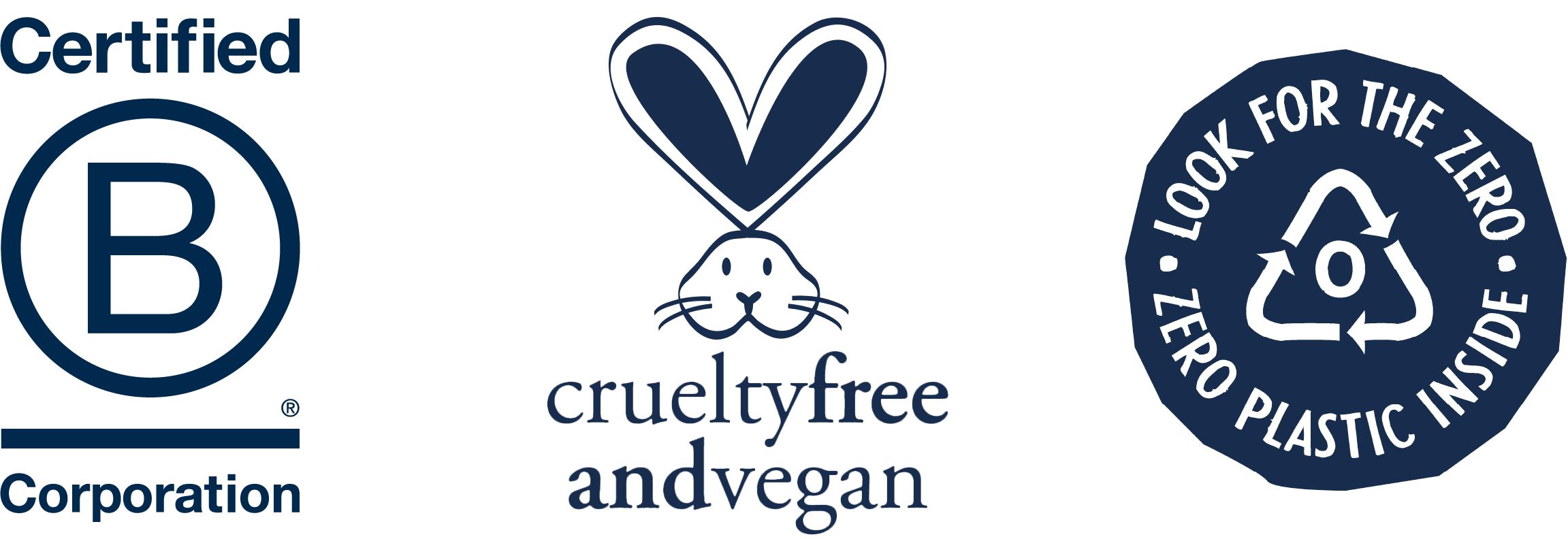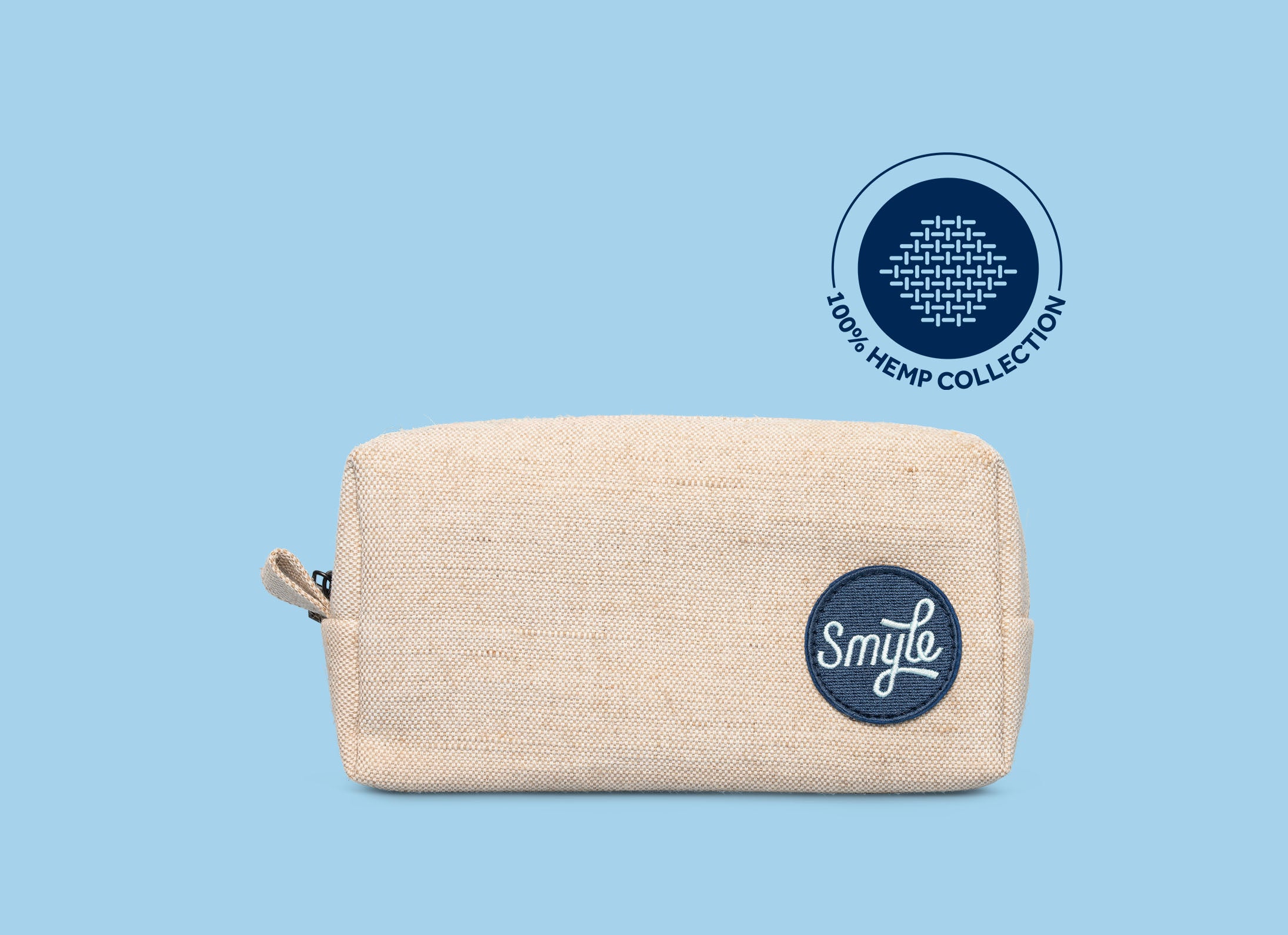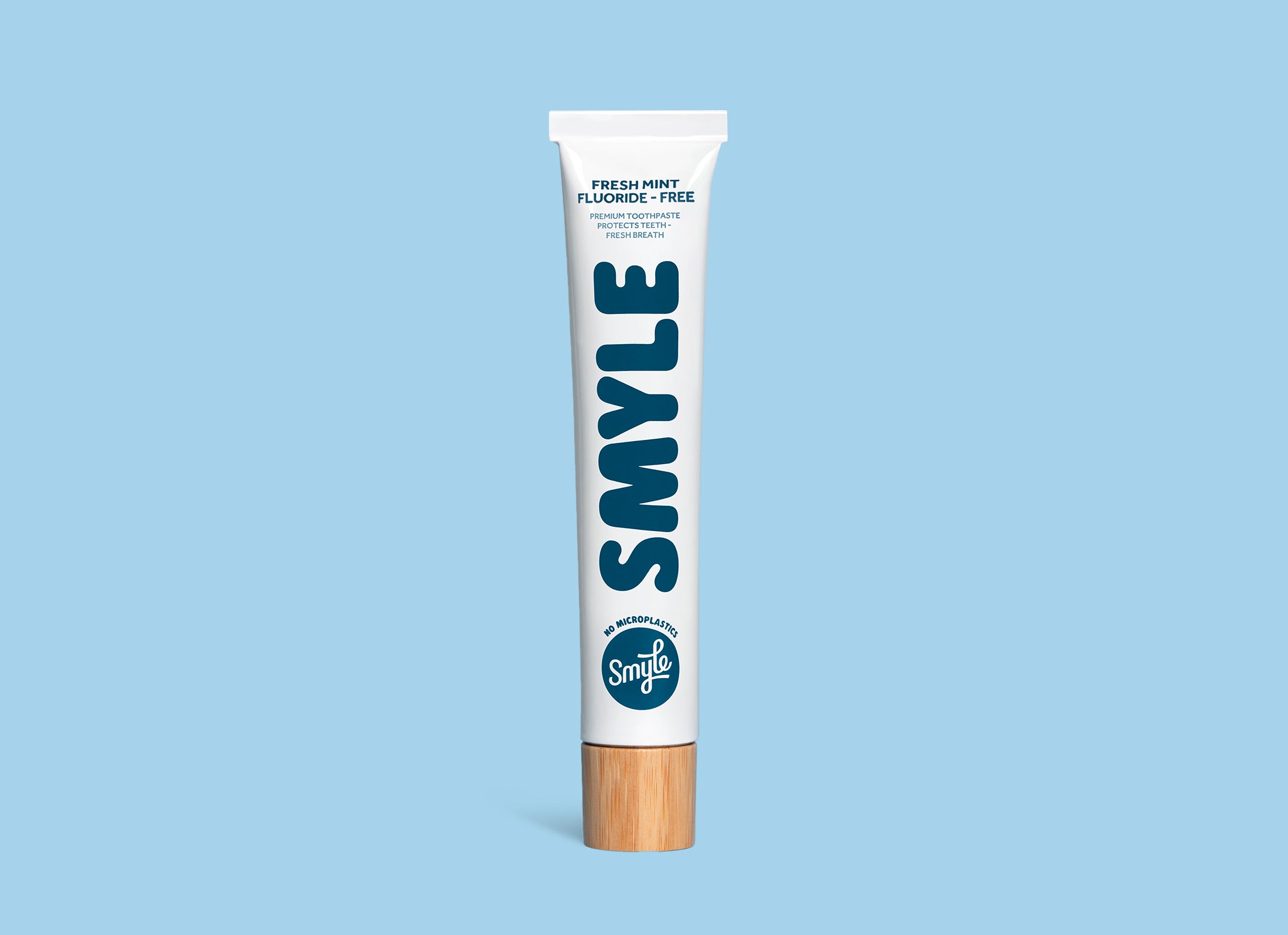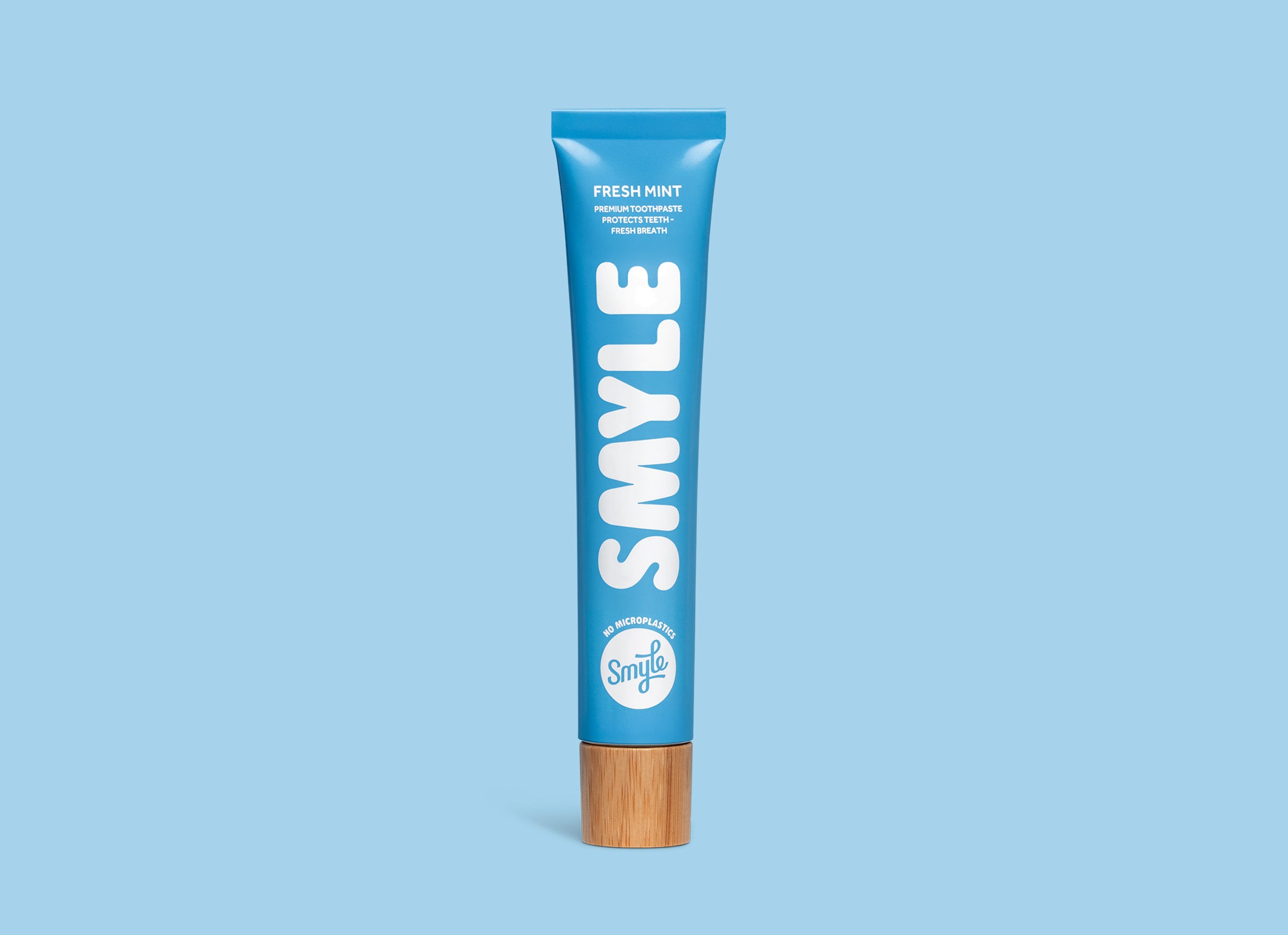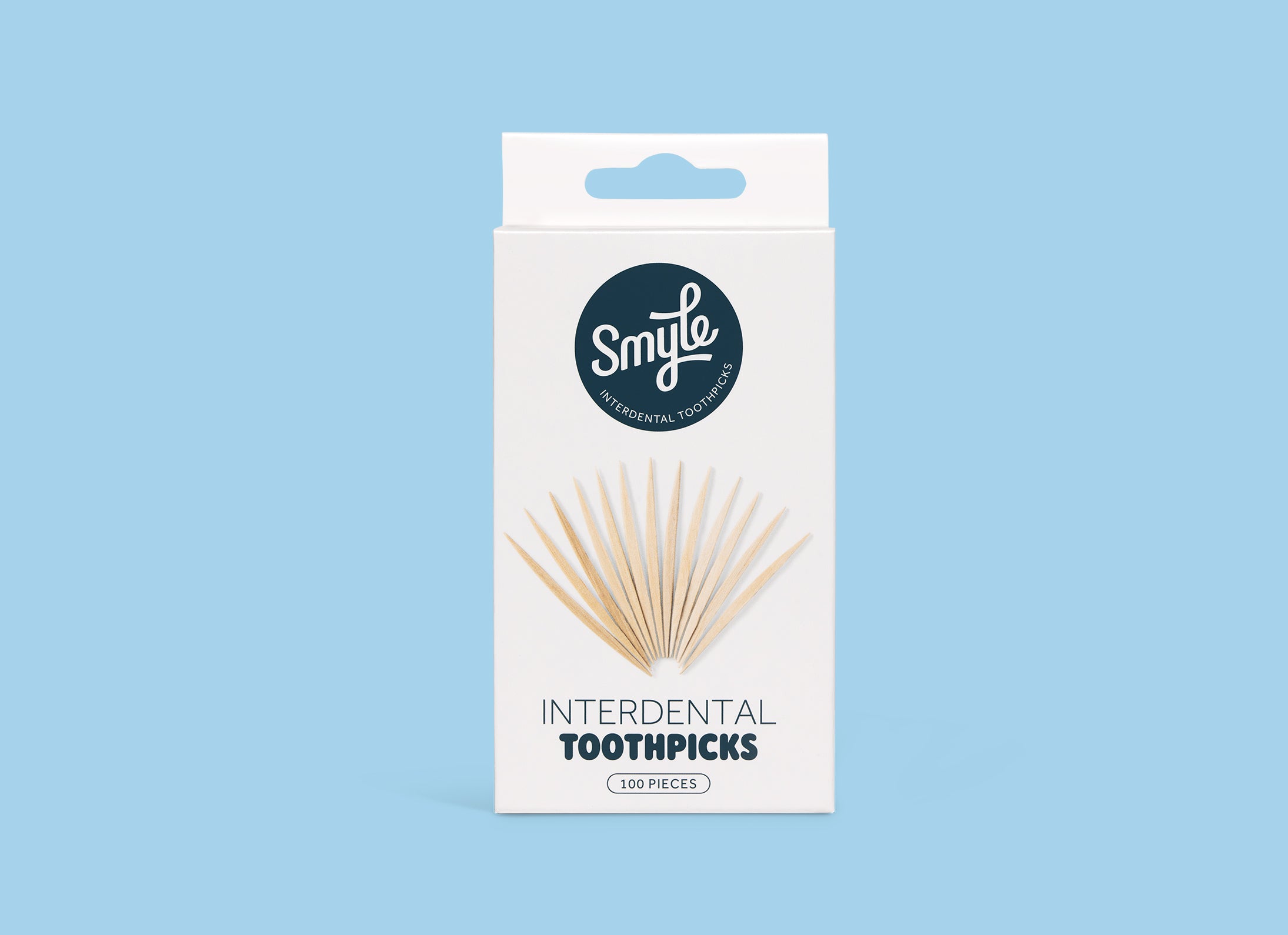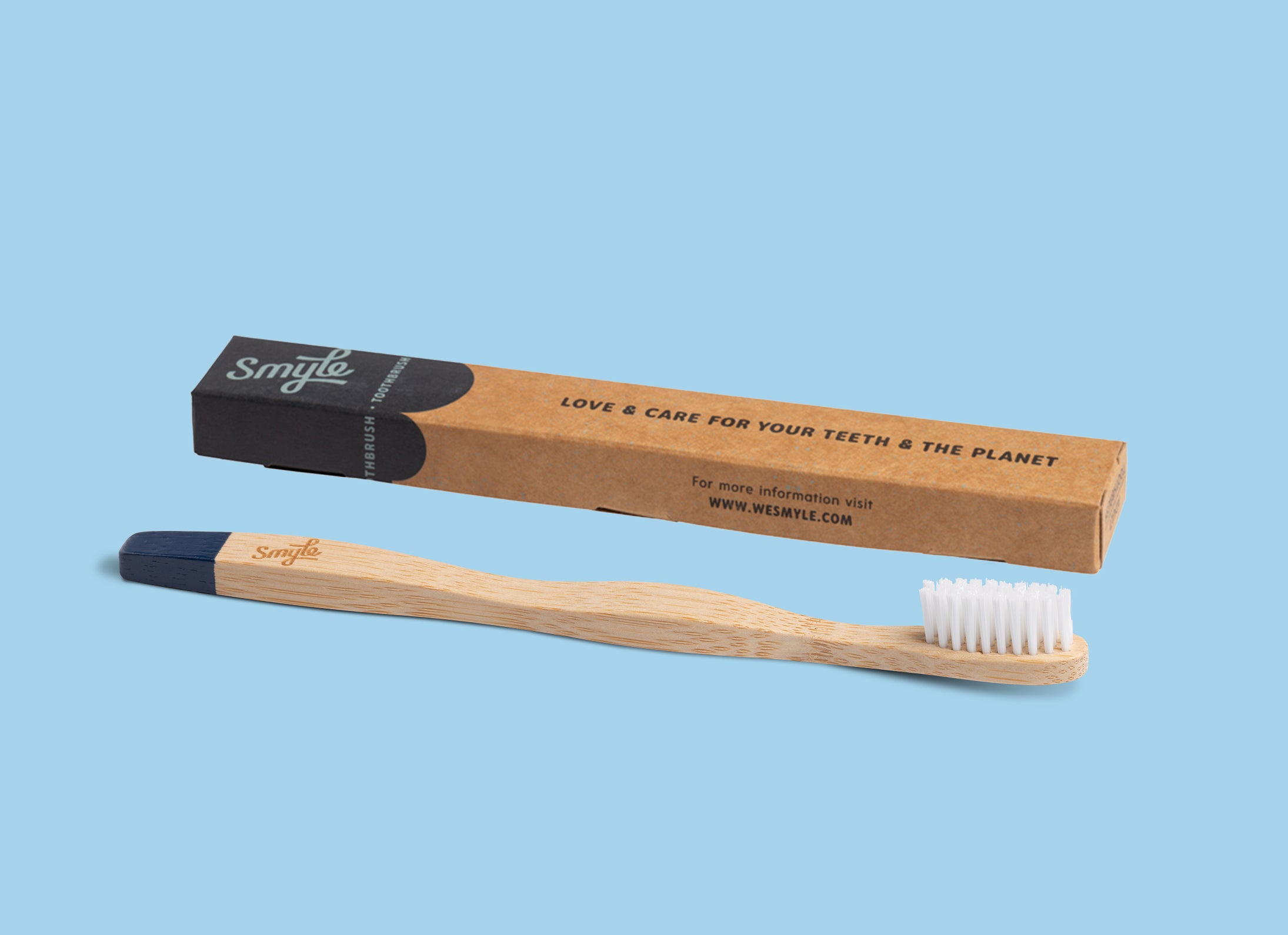
A day often starts with a good breakfast, a warm cup of tea or coffee, and a fresh brushing session! But in what order should you do these things? Is it better to brush your teeth before or after breakfast? For many people, this is still a big question. We’ll explain the pros and cons for you.
Brushing Before Breakfast: The Benefits
Brushing your teeth in the morning resets your mouth to take in the food for the upcoming day and removes the bacteria that have grown overnight. These bacteria cause morning breath and convert sugars into acids (which is why sugar is bad for your teeth).
Removal of Bacteria
While you sleep, your body produces less saliva, allowing more bacteria to linger in your mouth. Brushing your teeth before breakfast removes these bacteria and prevents them from multiplying. This promotes a healthy mouth and helps prevent tooth decay and gum disease.
Preventing Tooth Discoloration
Foods like coffee, tea, and fruit juices contain substances that can stain your teeth. Brushing before breakfast prevents these from clinging to your teeth and causing discoloration.
Time-Saving
Brushing before breakfast can save time. It eliminates the need to brush again afterwards—perfect for those rushed mornings.
Brushing After Breakfast: The Benefits
According to research by Frank Abbas, professor of dentistry at the University Medical Center Groningen, brushing after drinking fruit juice or soft drinks can slightly damage your teeth. Beverages with low pH temporarily weaken your tooth enamel.
He also notes that it's not the toothbrush, but the toothpaste that can damage enamel. Some toothpastes contain abrasive ingredients meant to remove yellow or brown stains. But if the concentration is too high, it can harm your enamel. It’s best to ask your dentist which toothpaste suits you.
Fresher Breath Throughout the Day
Brushing after breakfast ensures your breath stays fresh throughout the day, especially if your breakfast includes strong-smelling foods like coffee, juice, or yogurt.
Better Oral Hygiene
Brushing after breakfast removes food particles and bacteria that accumulate during your meal, helping prevent cavities and gum problems.
Preventing Stains
Breakfast foods like berries, jam, or tomatoes can leave stains. Brushing afterwards helps clean them off and keeps your smile white.
Why Not Brush Right After Breakfast?
Both options have pros and cons:
Drawbacks of brushing before breakfast:
-
It may alter the taste of your food—orange juice might suddenly taste awful.
-
It can irritate or dry out the mouth lining, especially if your toothpaste has harsh ingredients.
If you prefer brushing after breakfast, you should wait about 30 minutes. Why?
Whenever you eat or drink (except water, coffee, or black tea), plaque bacteria convert sugars and carbs into acid, creating a pH drop in your mouth that lasts about 30 minutes. Brushing during this "acid attack" period can damage your enamel.
Brushing immediately after eating may also reduce effectiveness—leftover food particles may stay trapped in your mouth. It can also lead to bad breath in the morning if you skip brushing beforehand, and there’s always the chance you might forget to brush altogether if you’re in a rush.
Brushing Before or After Breakfast: The Verdict
Technically, brushing before breakfast is better for your teeth. However, the difference in actual damage is quite small. If you drink a lot of fruit juice or use highly abrasive toothpaste, it’s definitely smarter to brush before breakfast.
Toothpaste also contains fluoride, which strengthens enamel. That means your teeth are better protected after brushing, even as you eat or drink breakfast.
So—should you brush before or after breakfast?
Both options have valid pros and cons, and there’s no solid evidence proving one is definitively better than the other. Ultimately, the most important thing is that you brush properly and consistently. Pick the time that fits your routine. If you prefer brushing after breakfast, just wait 30 minutes—especially if you’ve consumed something acidic, as brushing too soon could cause enamel damage.
When in doubt, consult your dentist for personalized advice!

